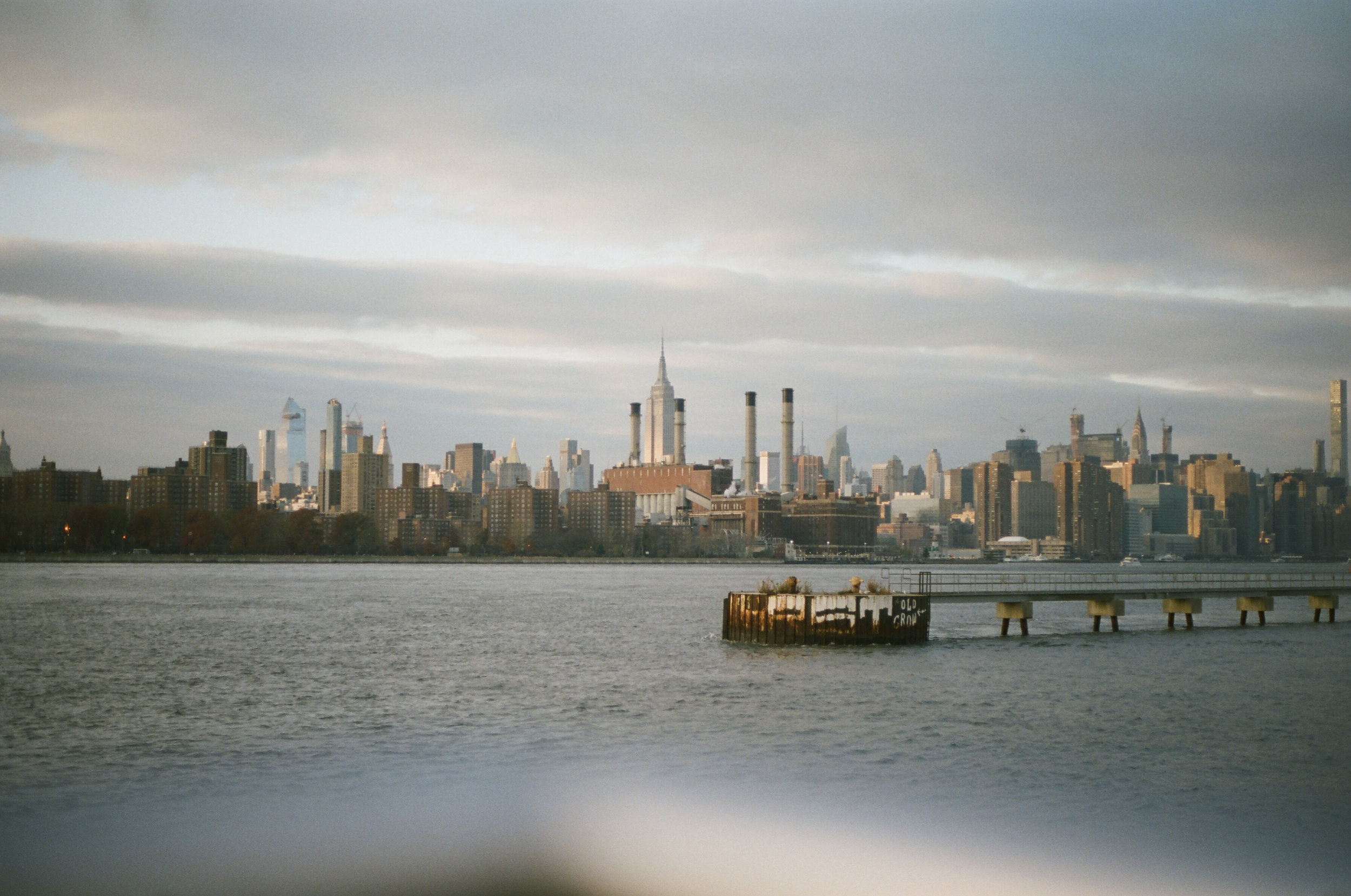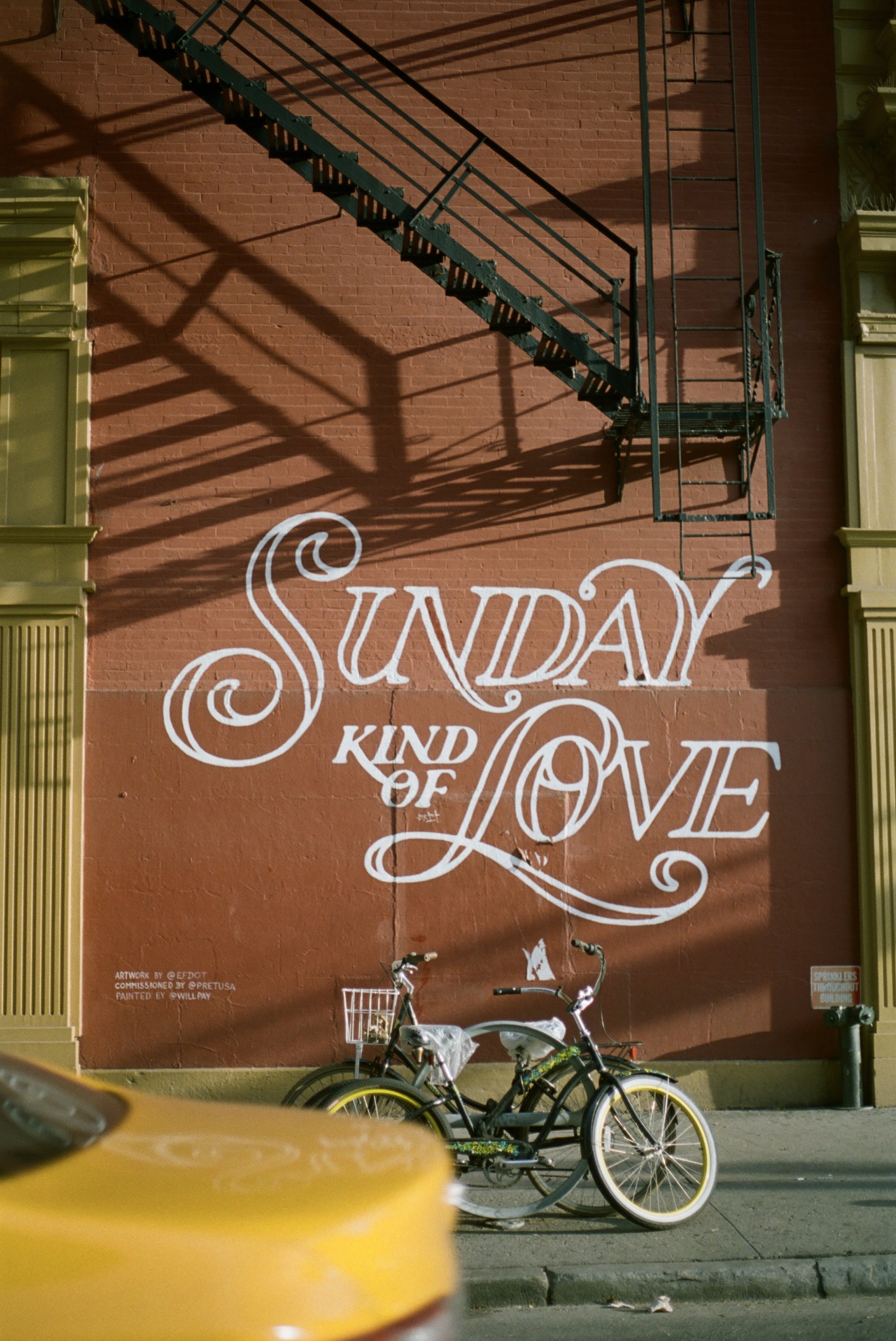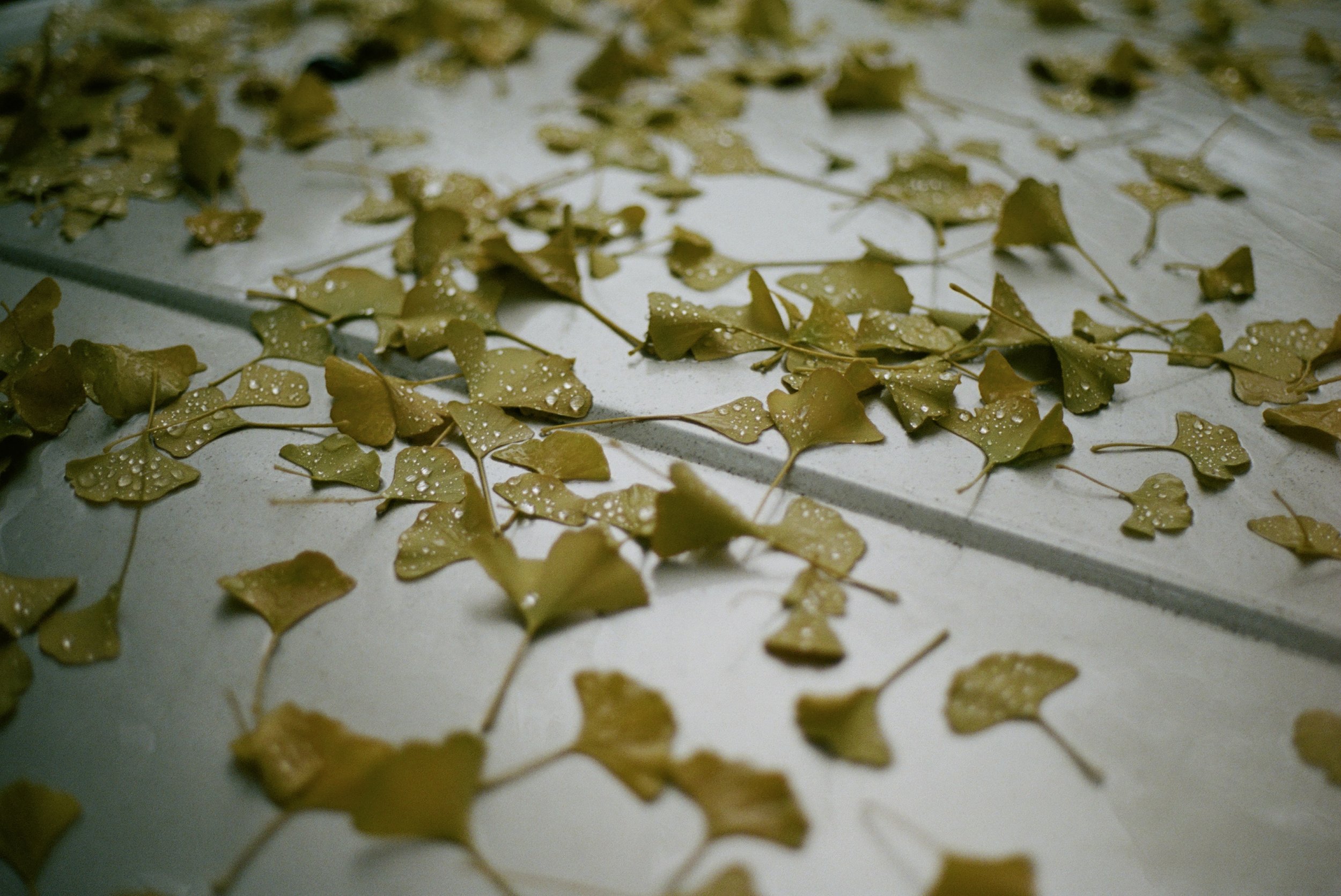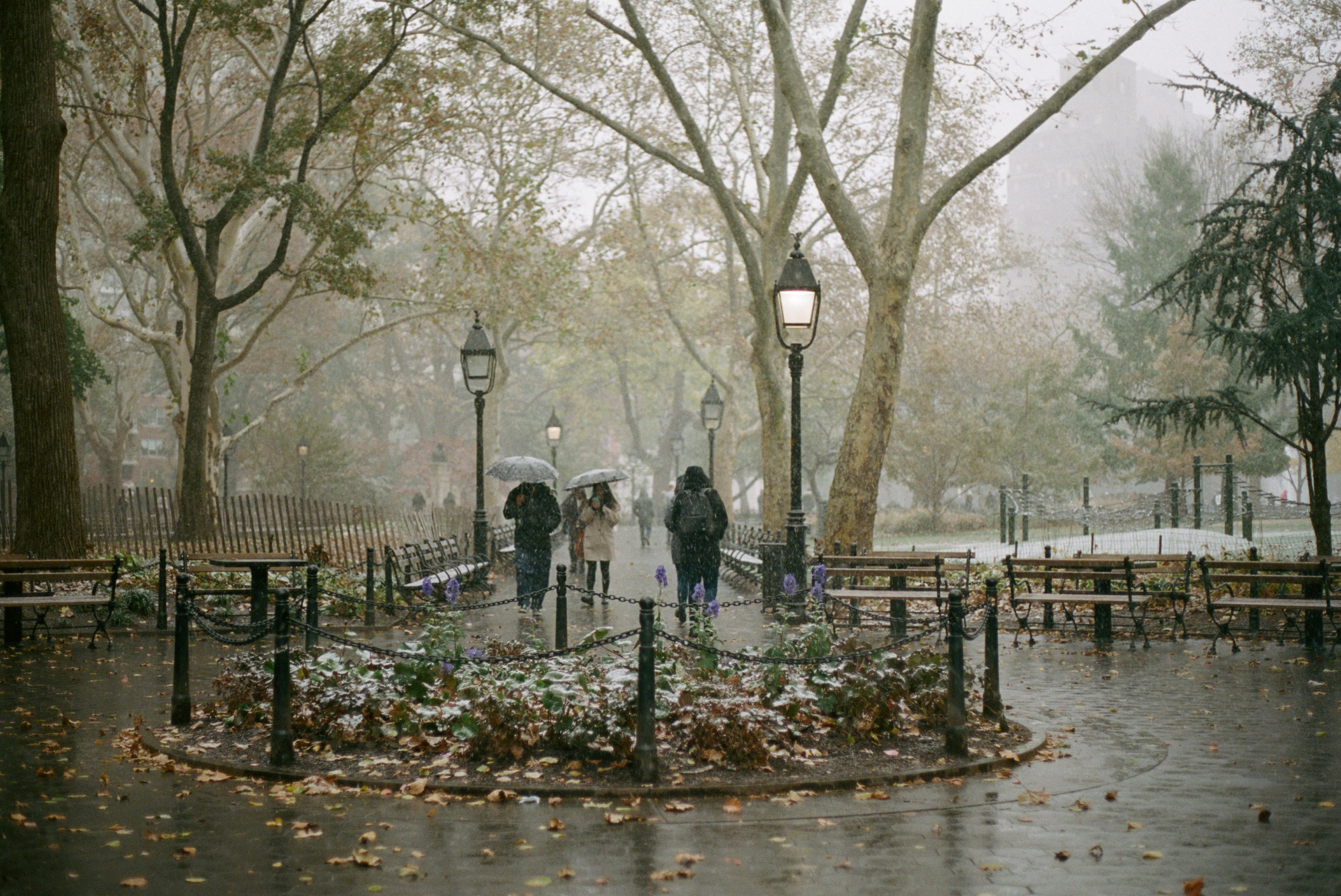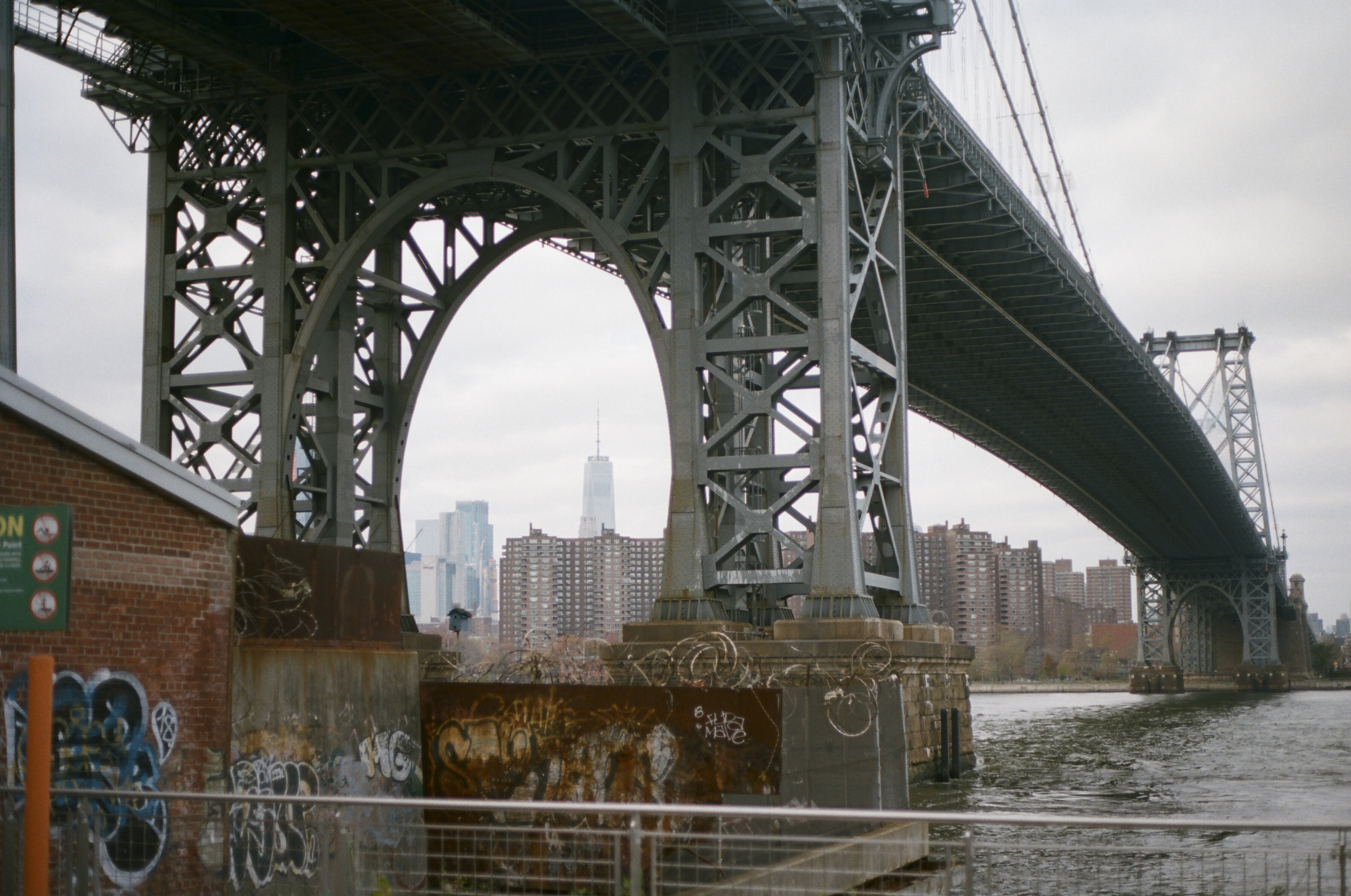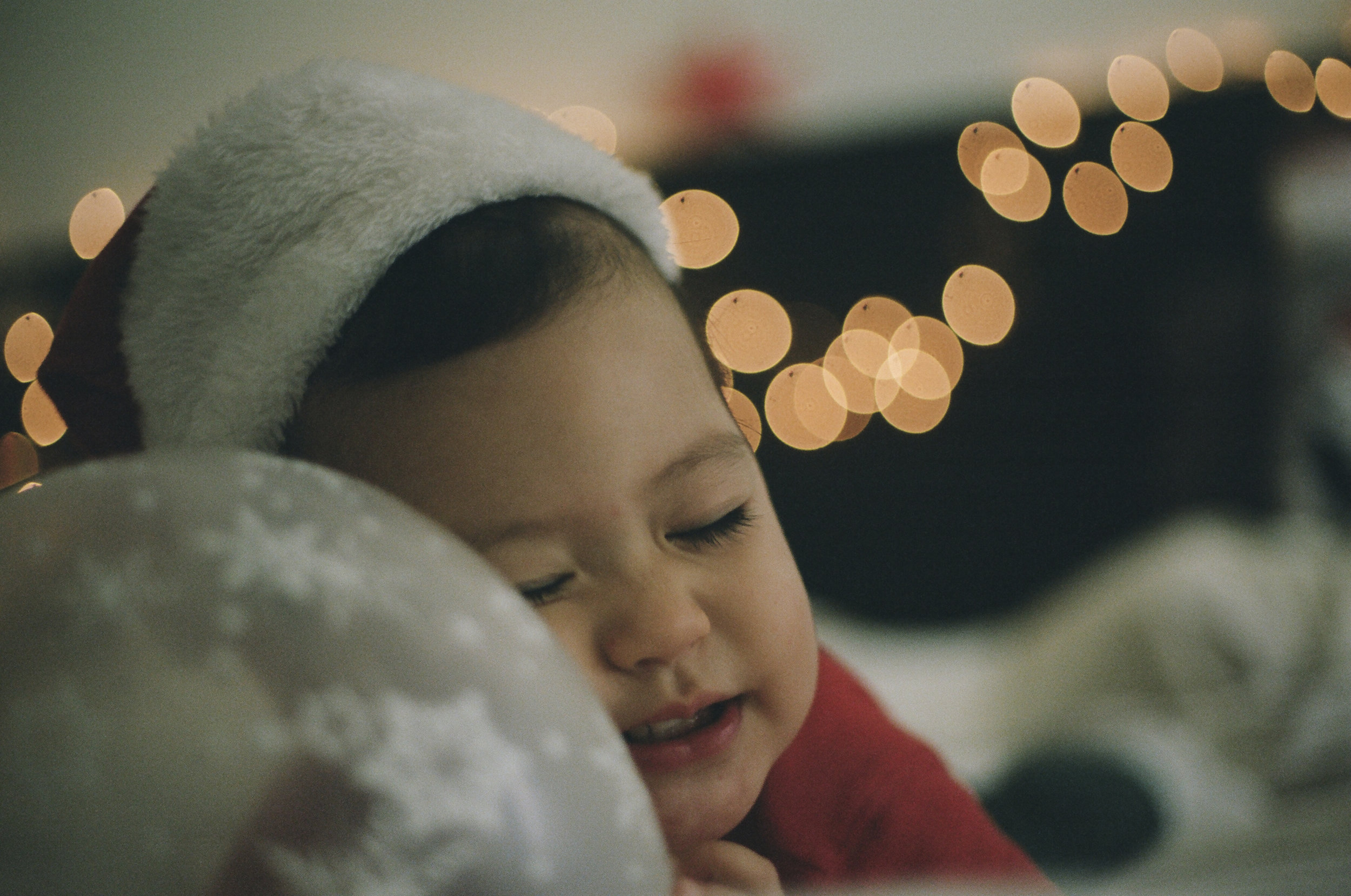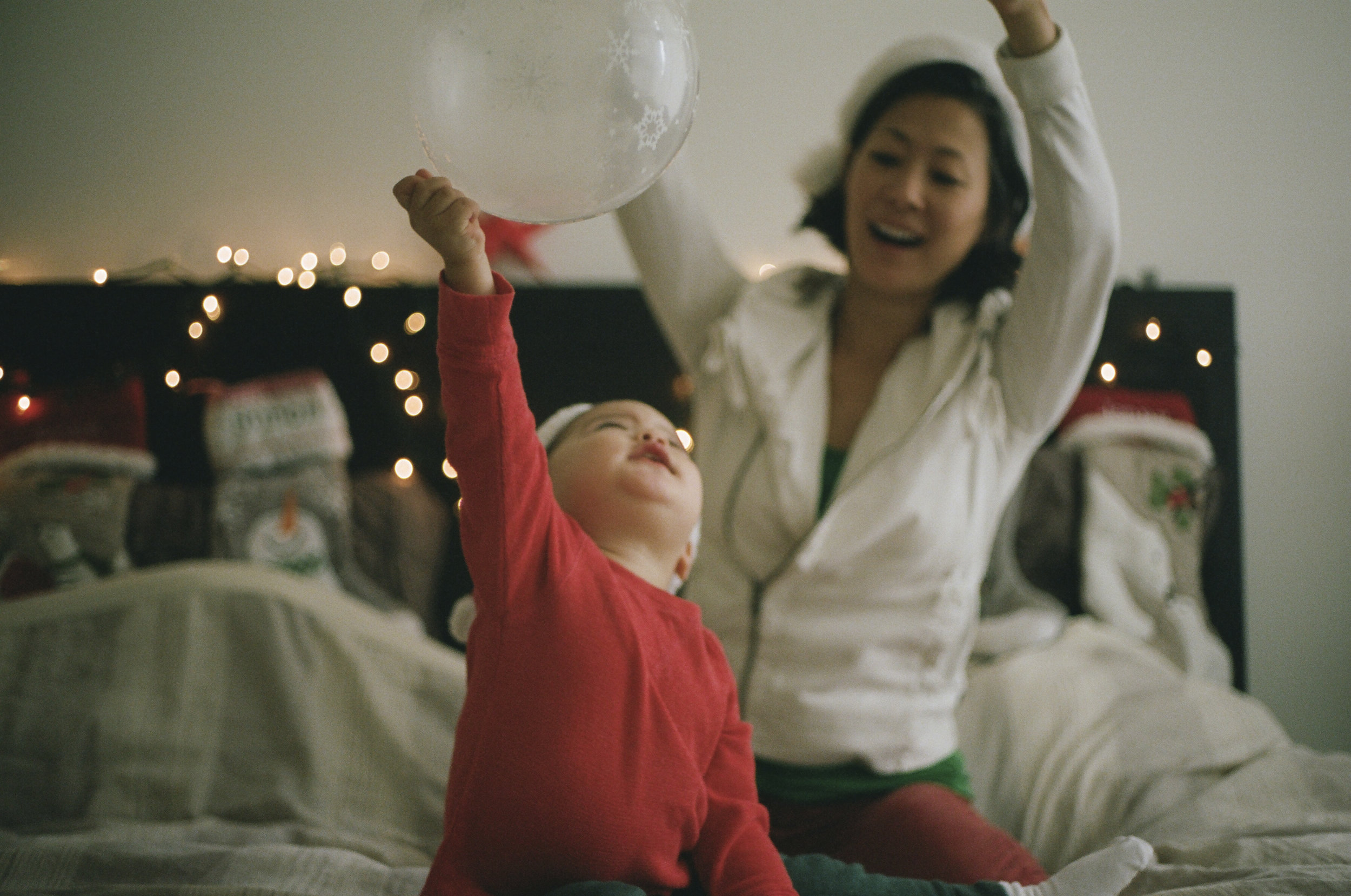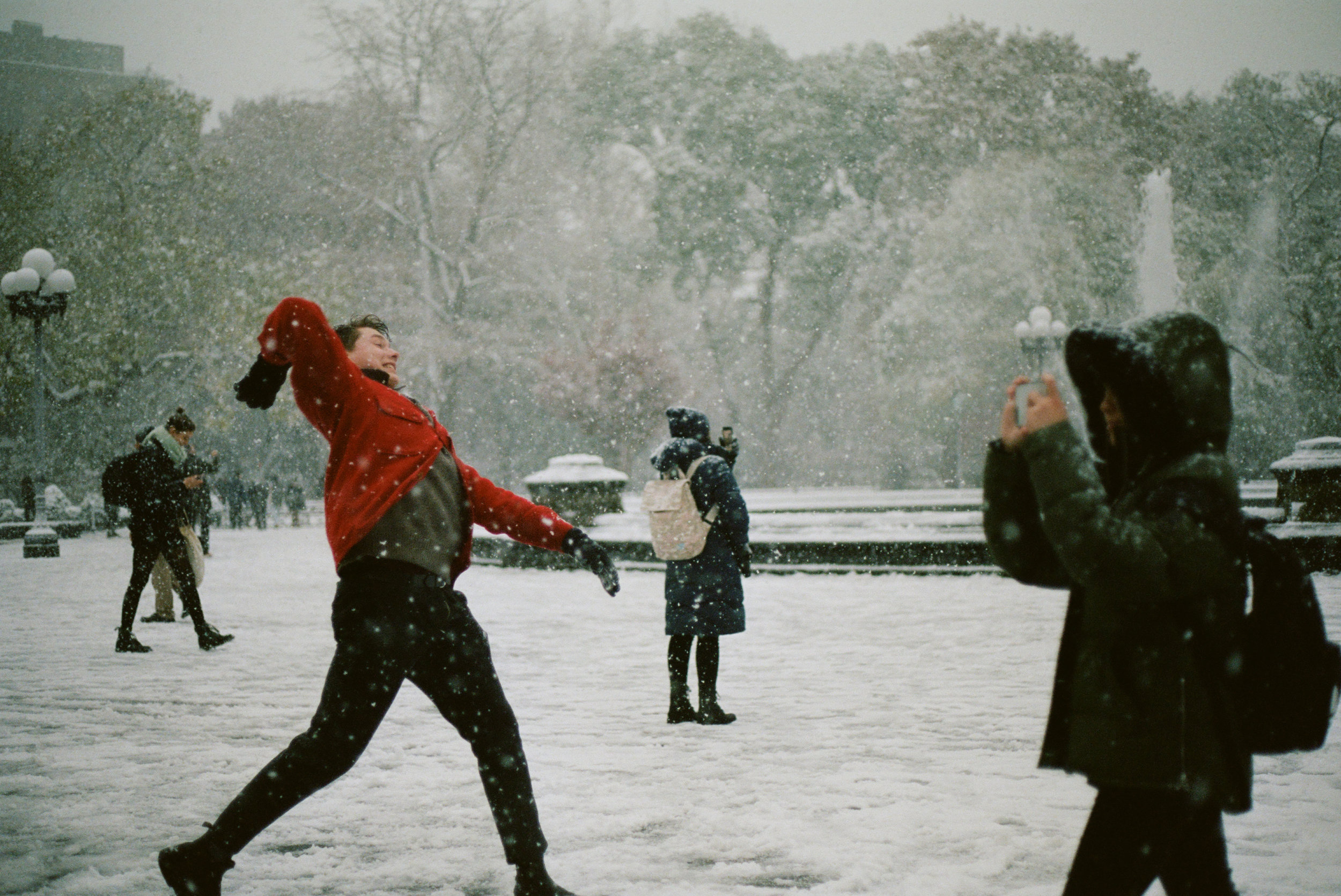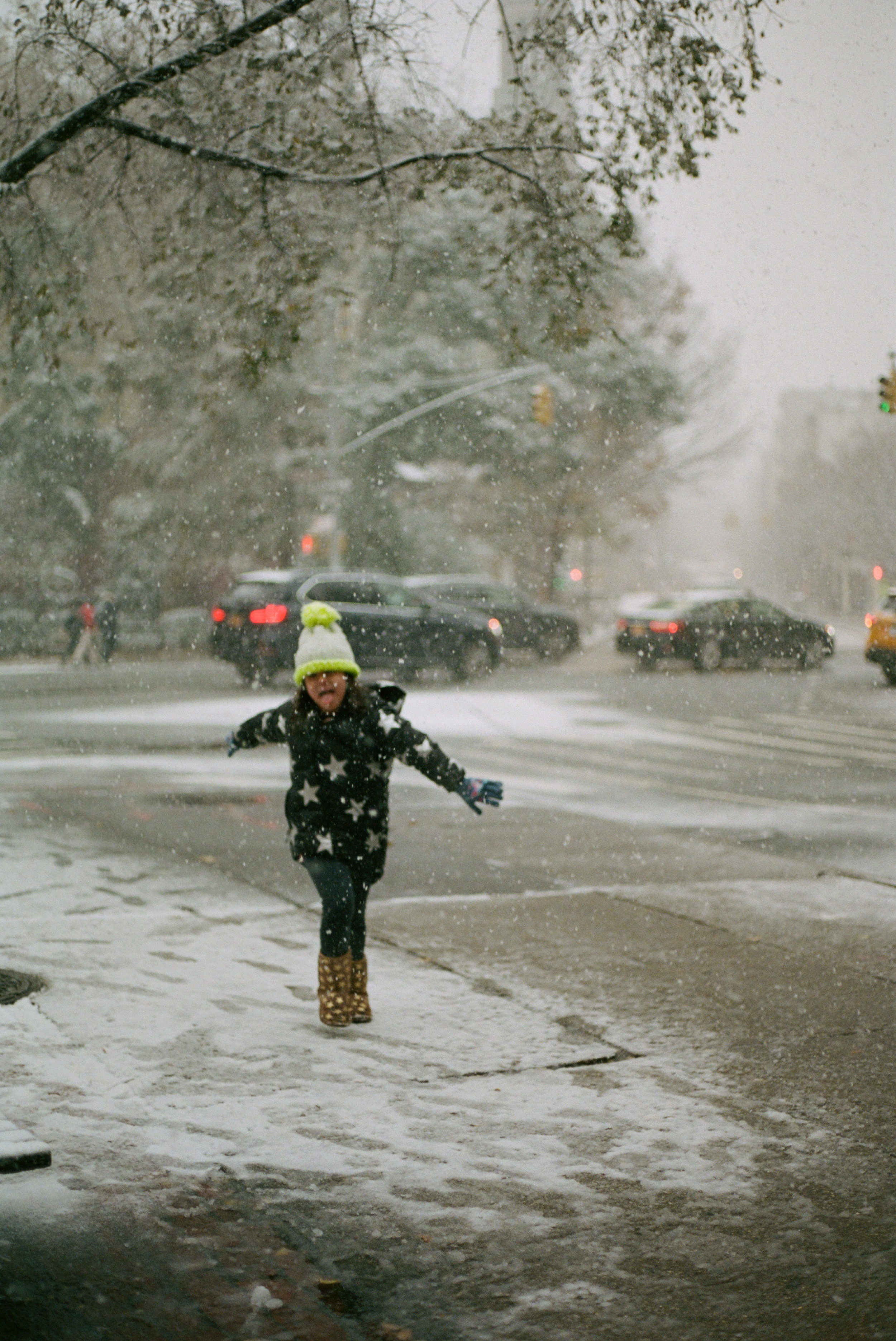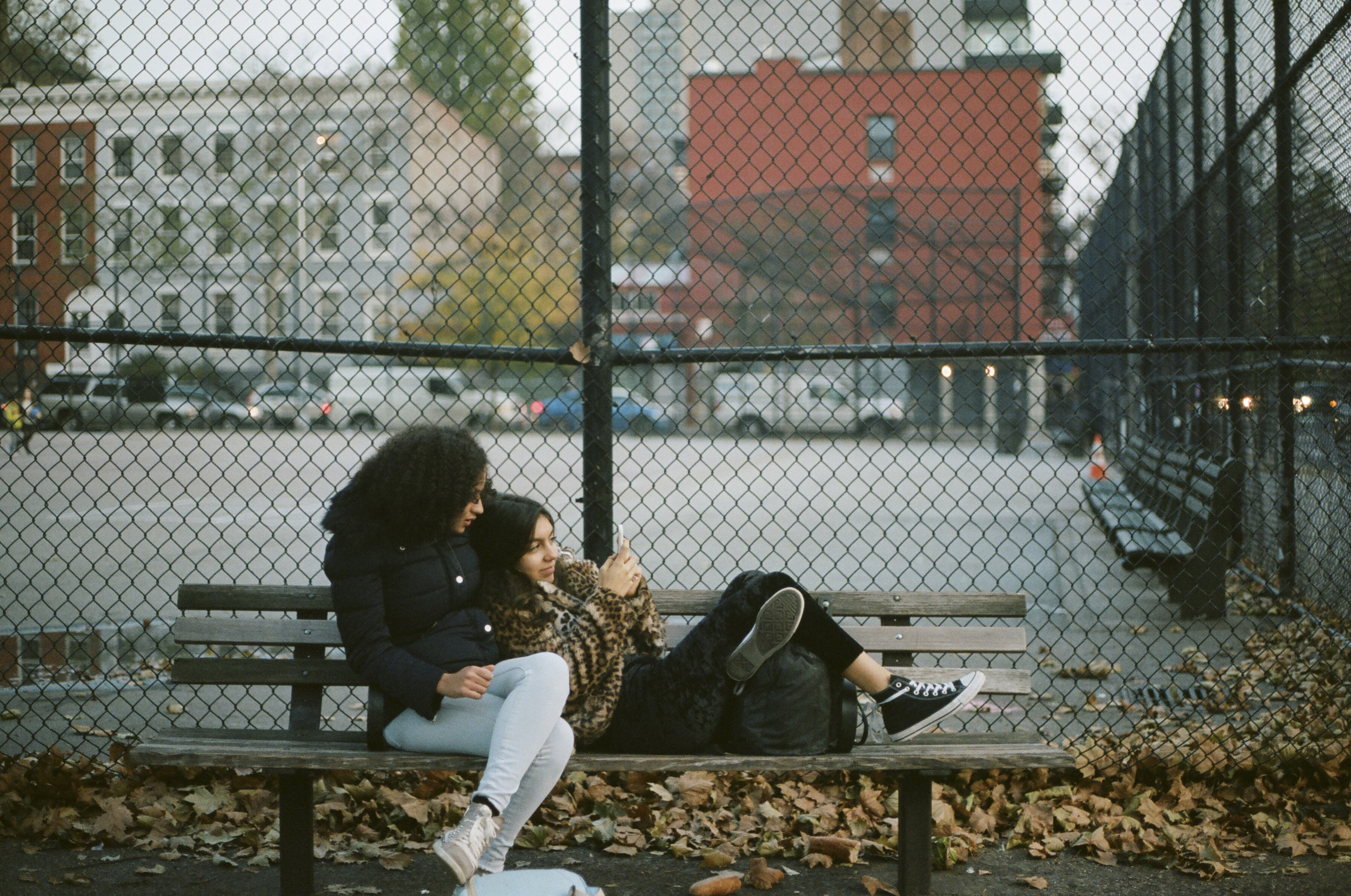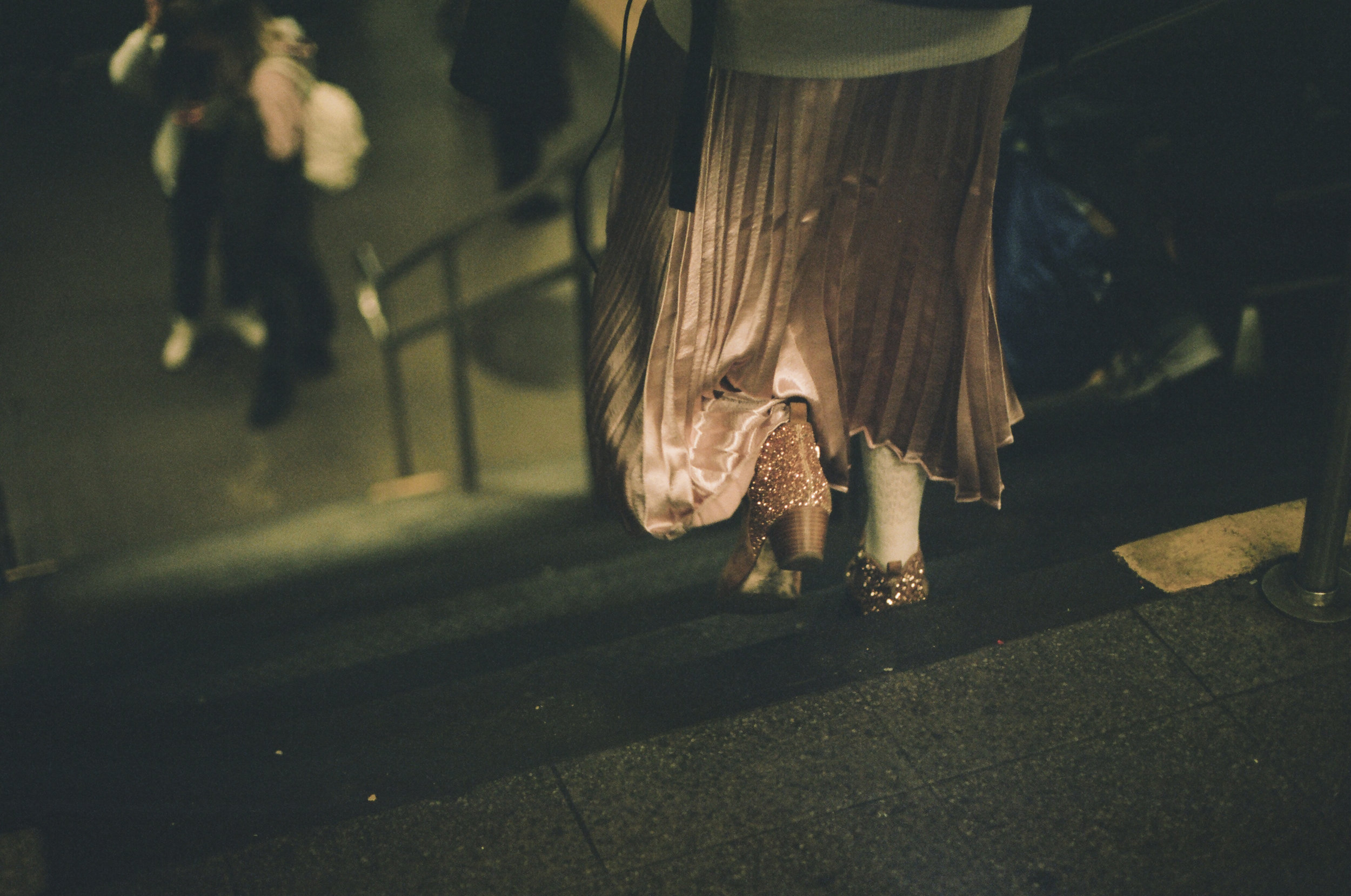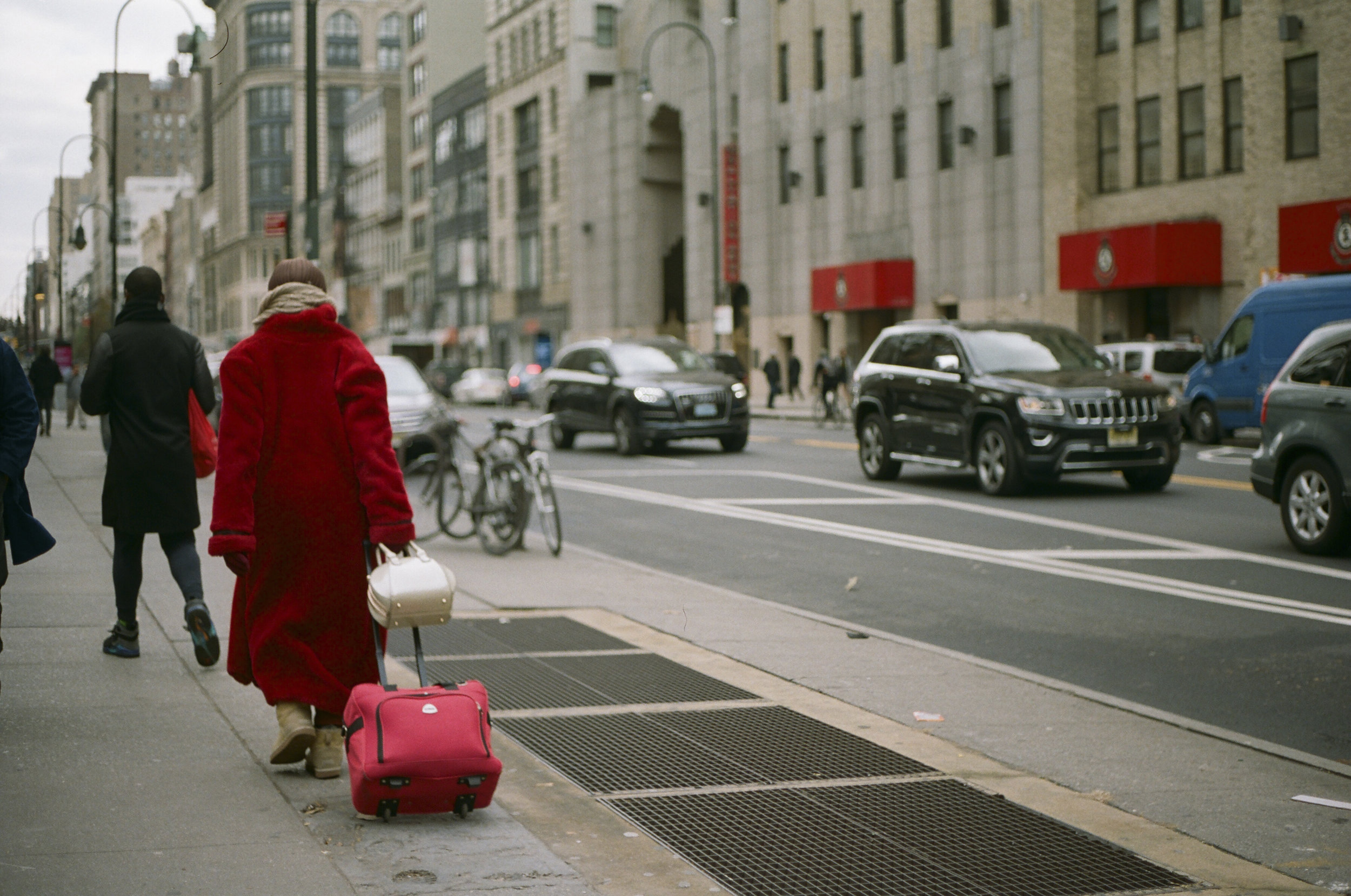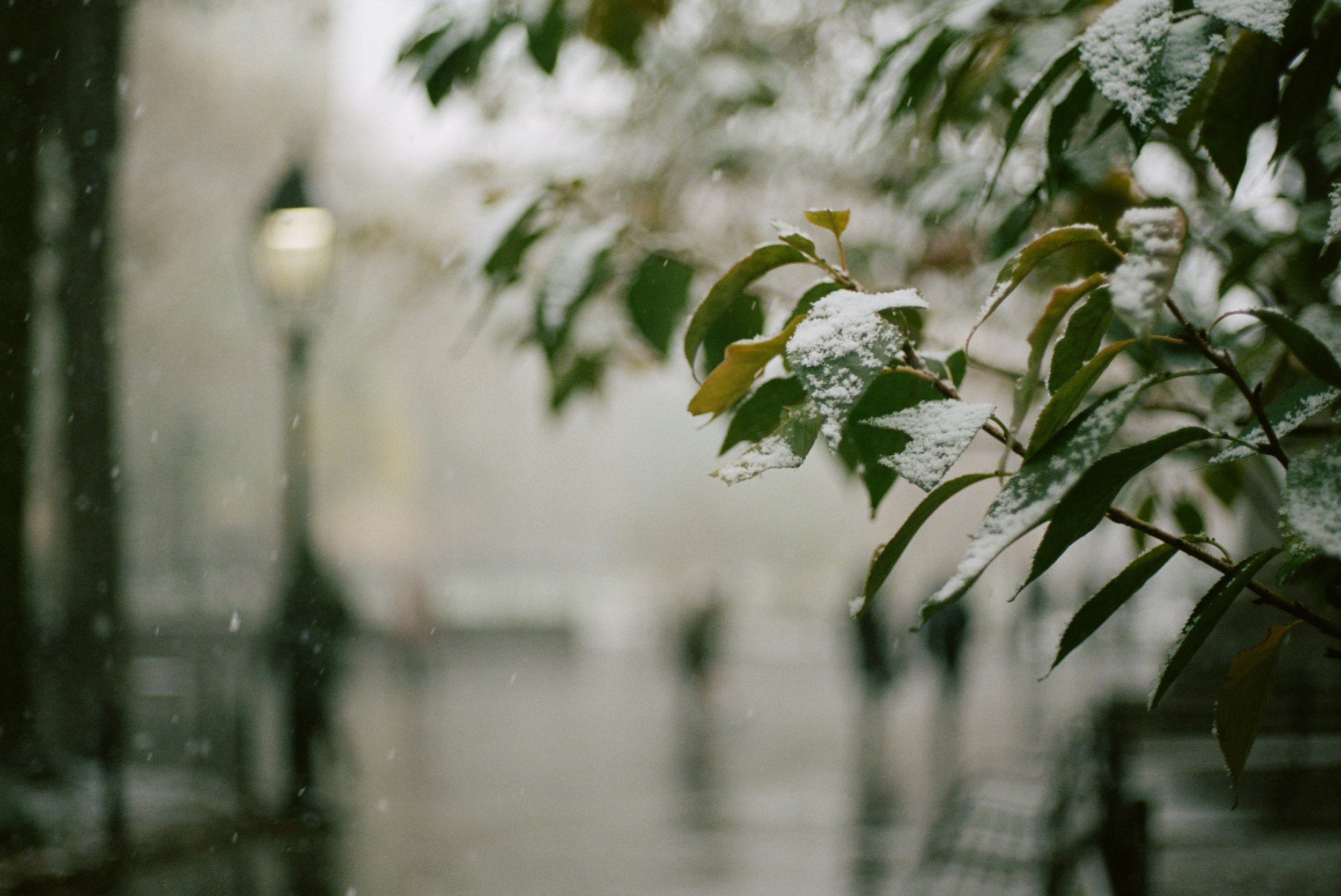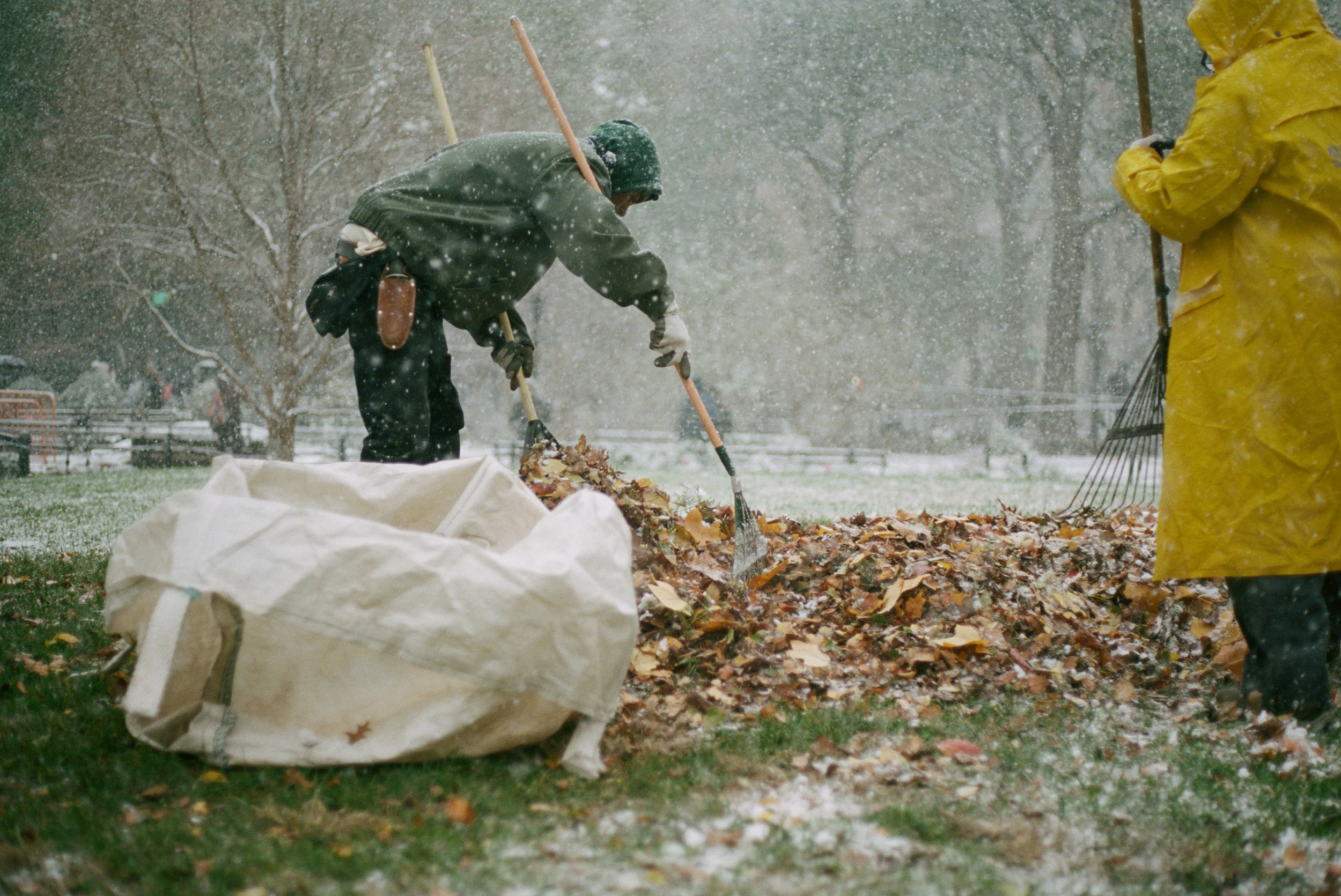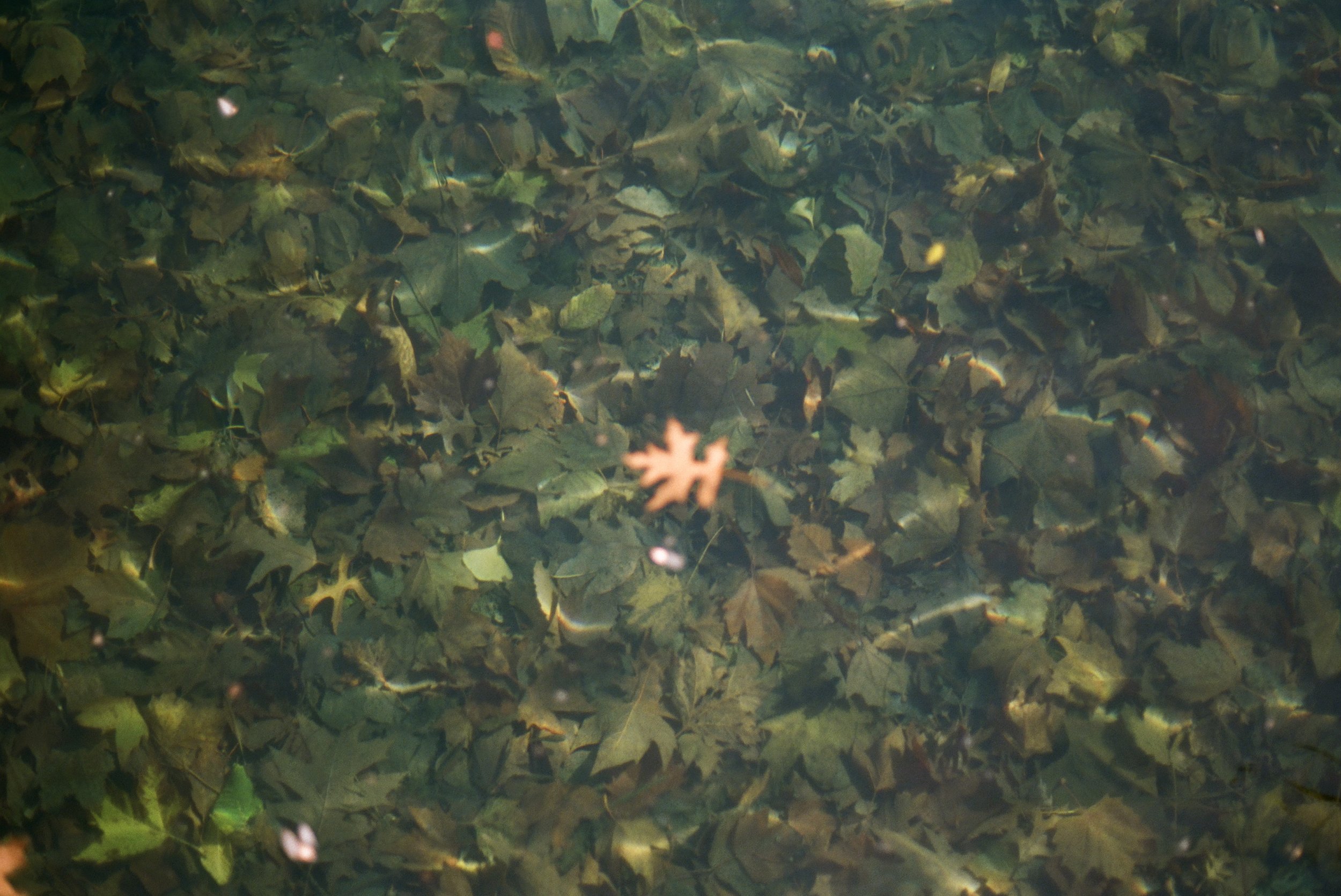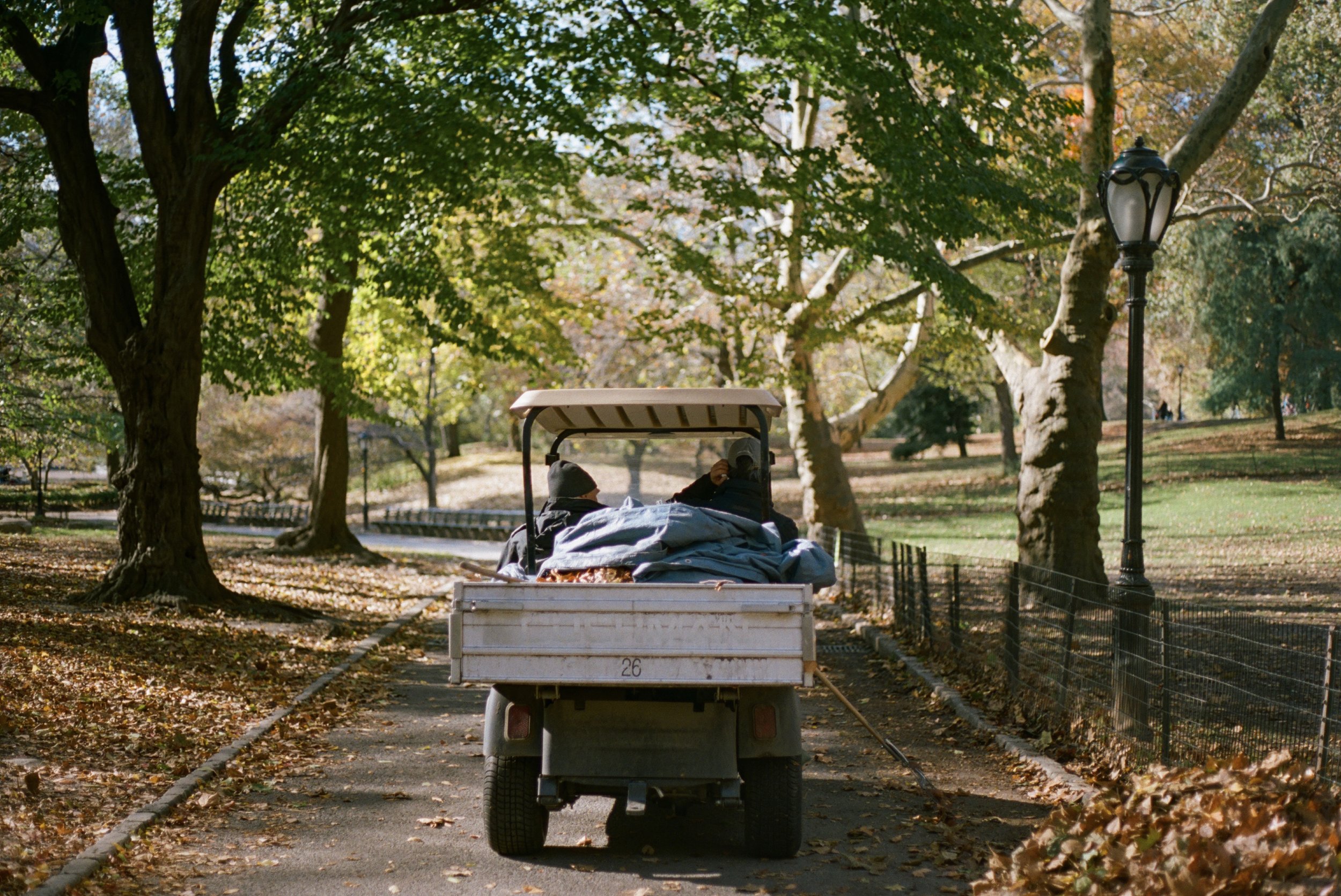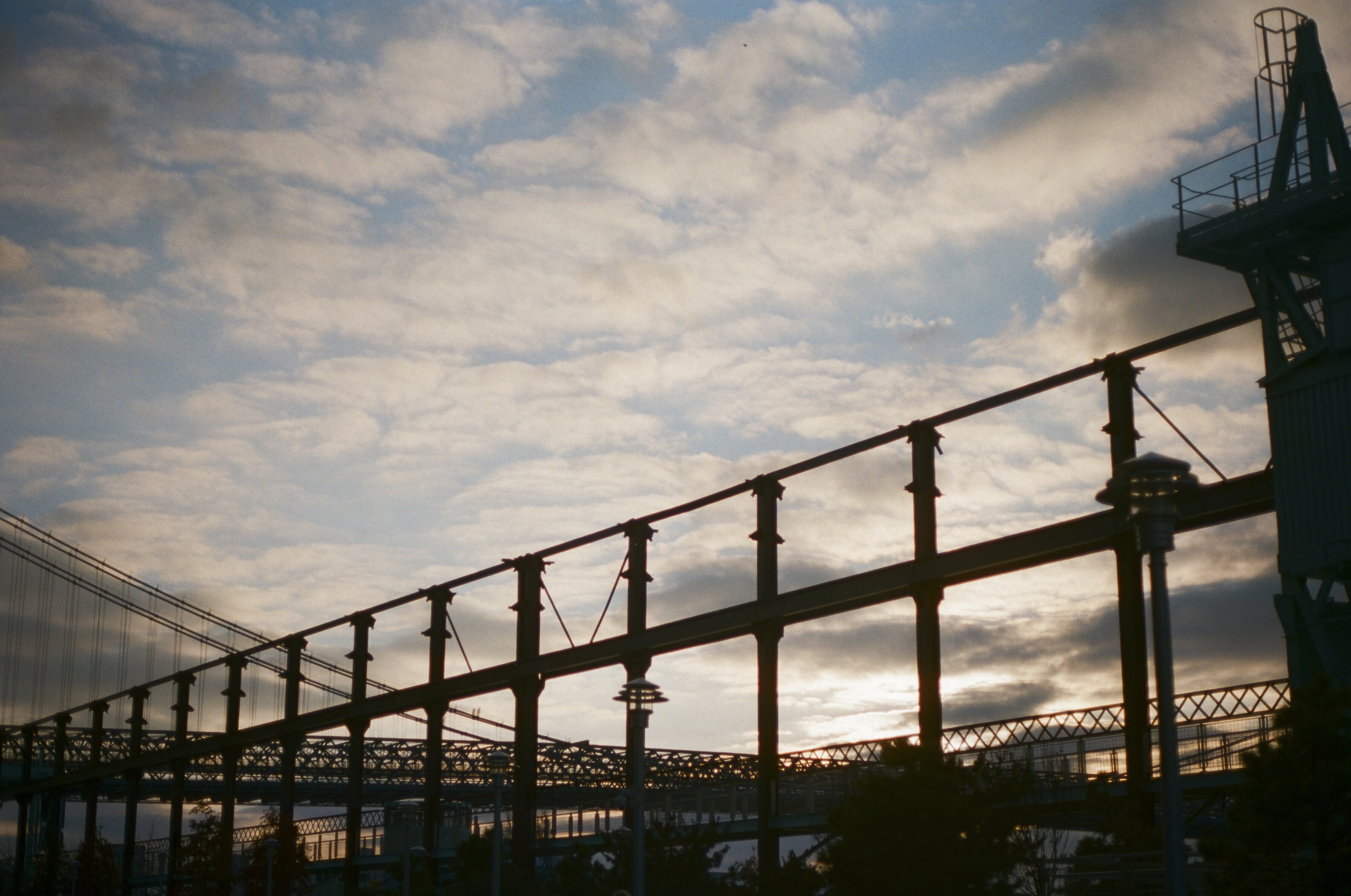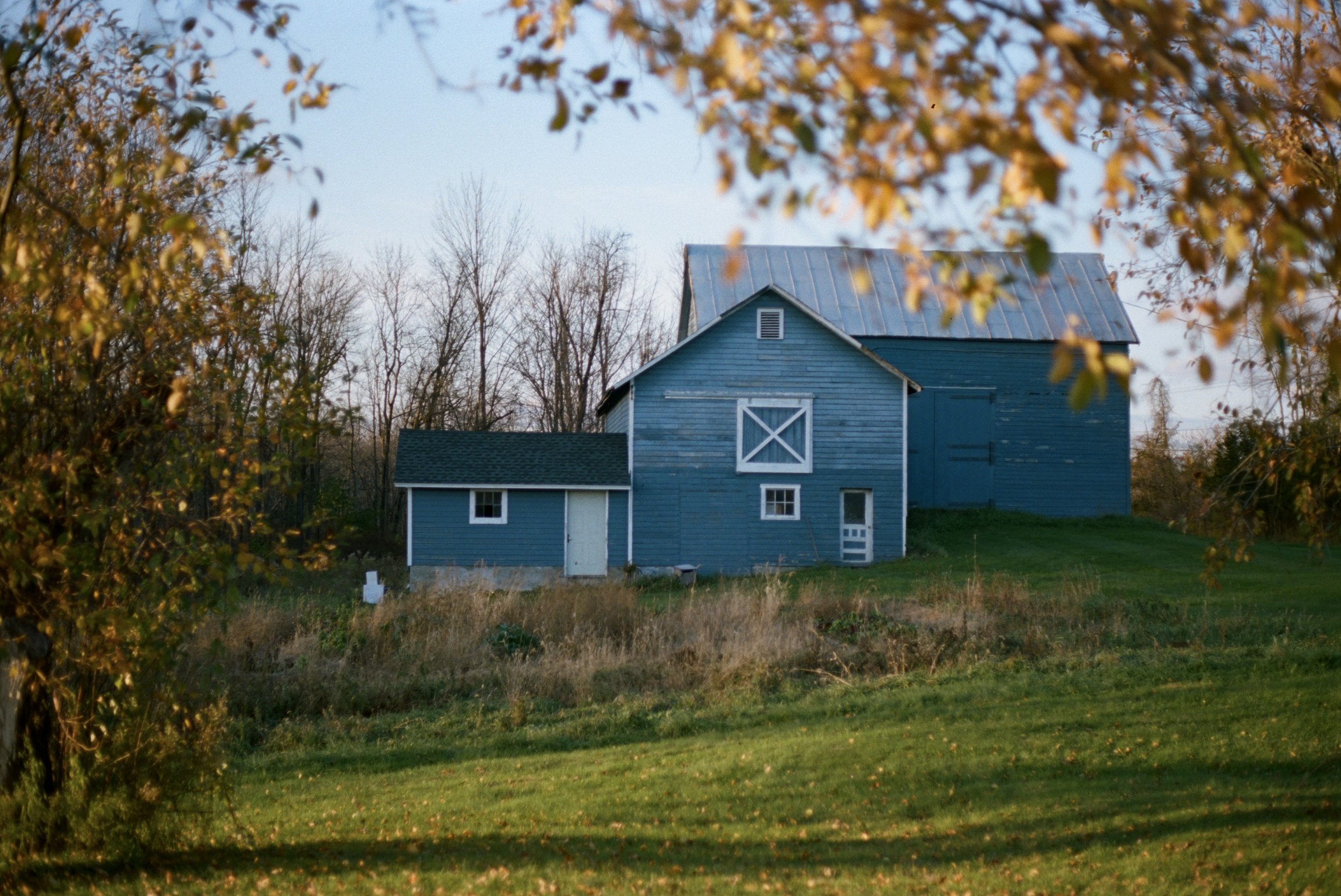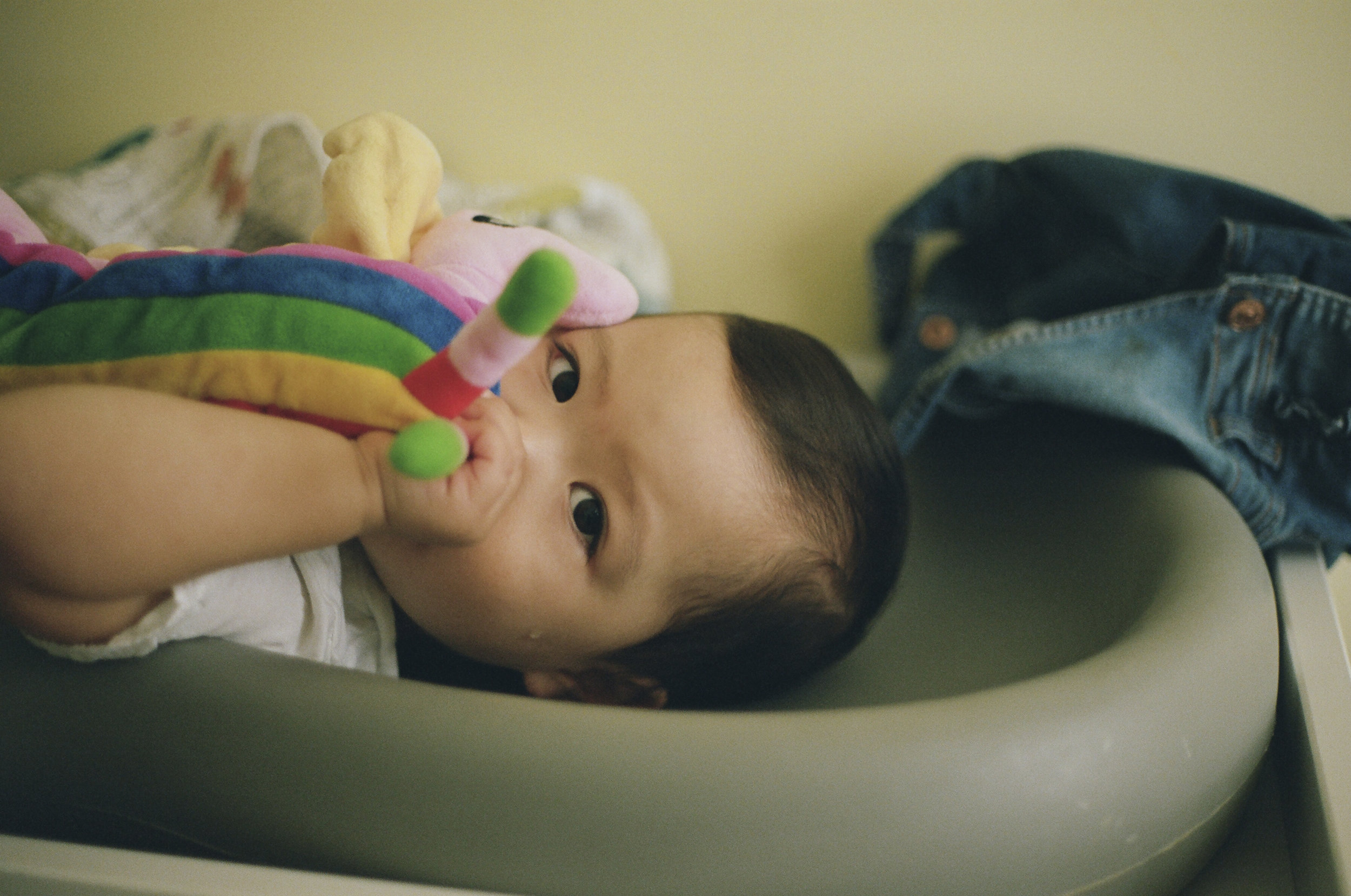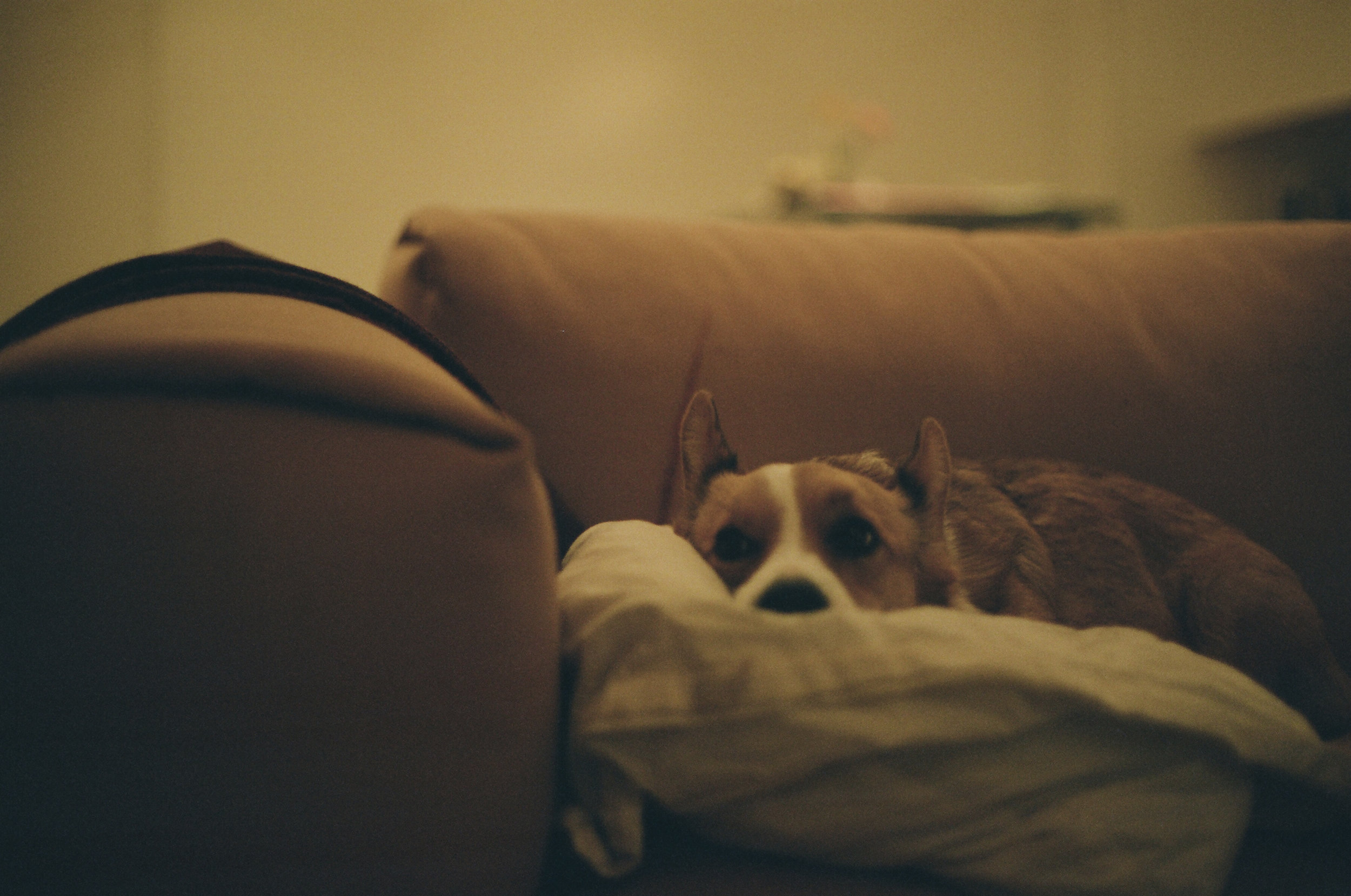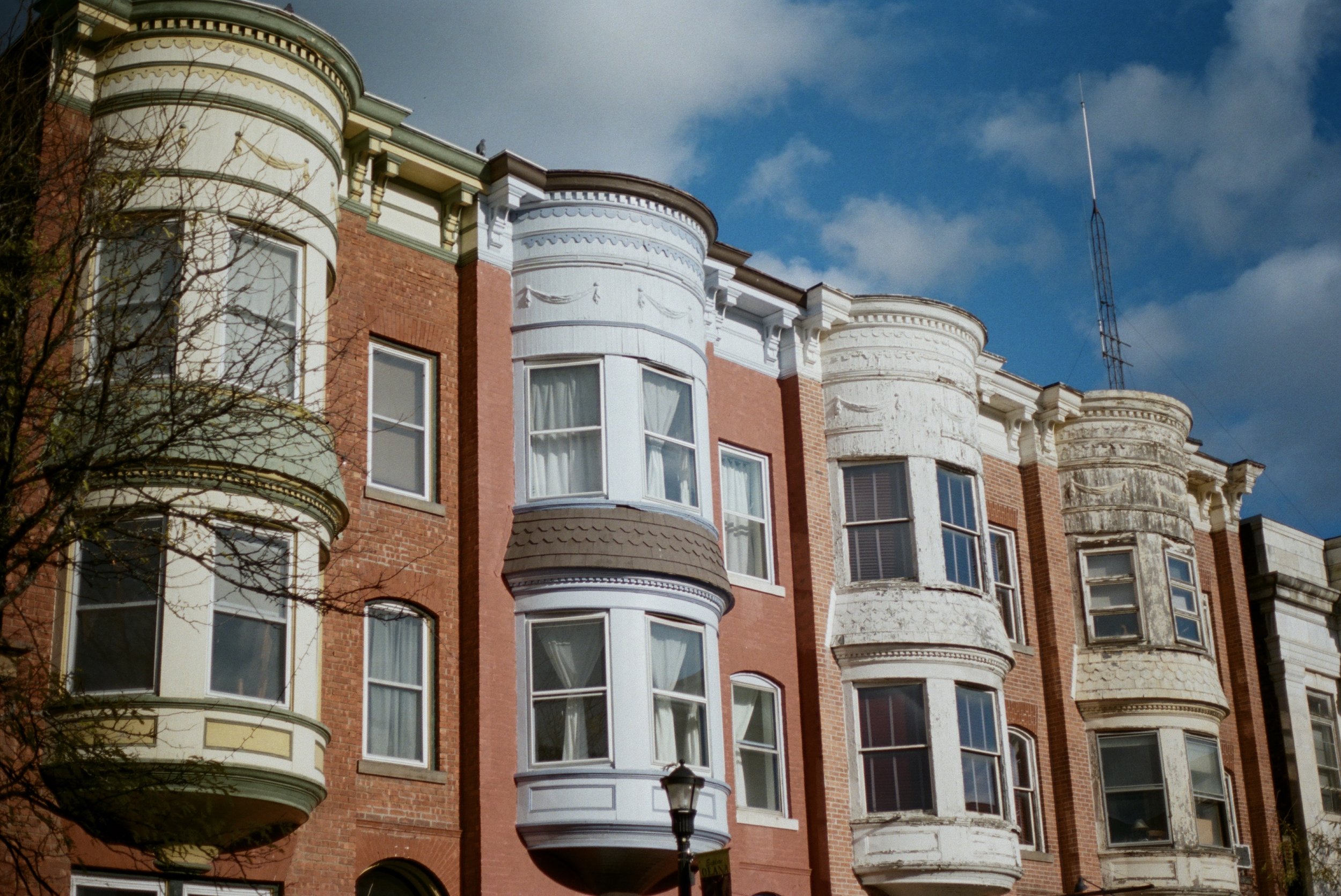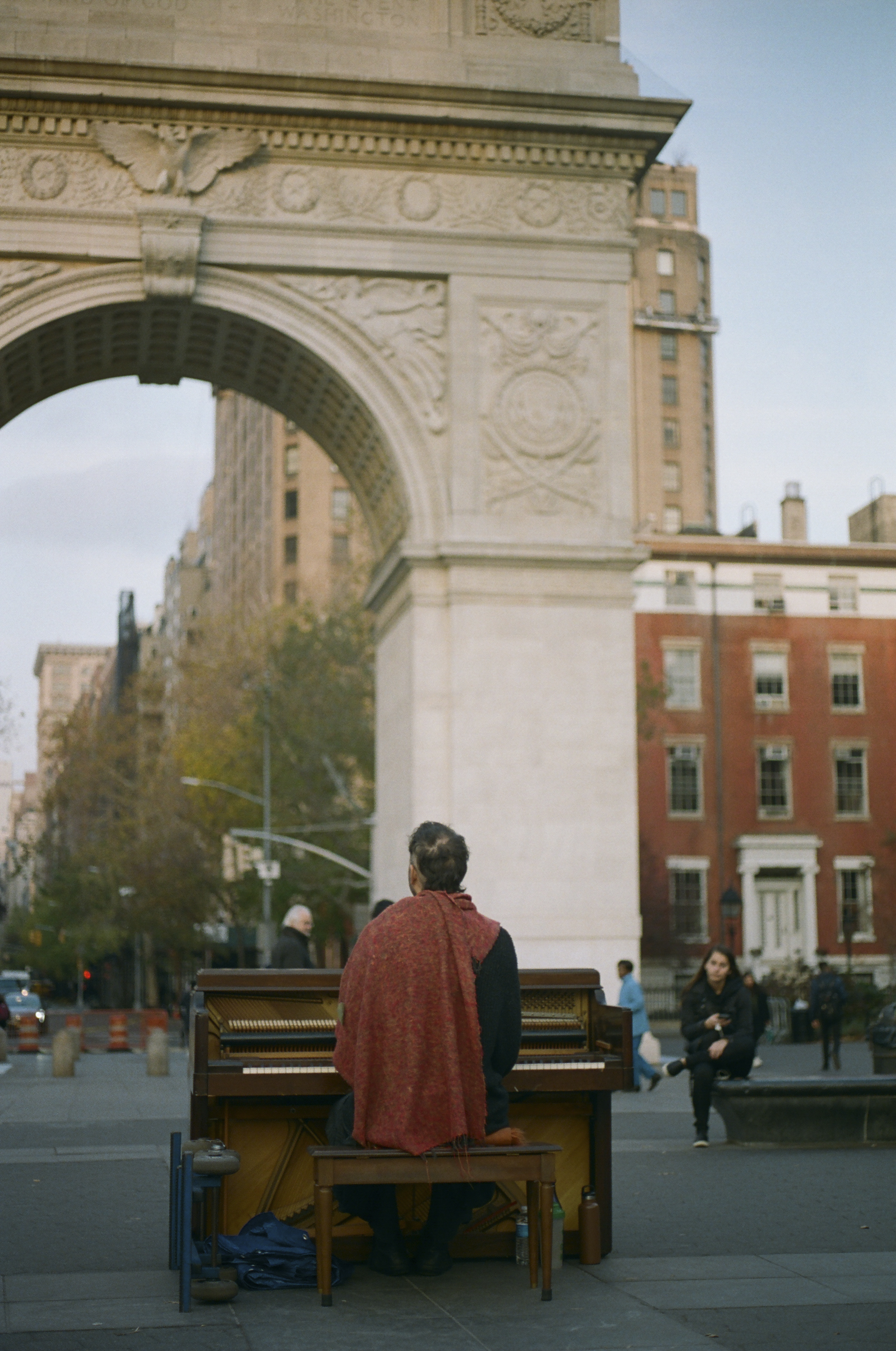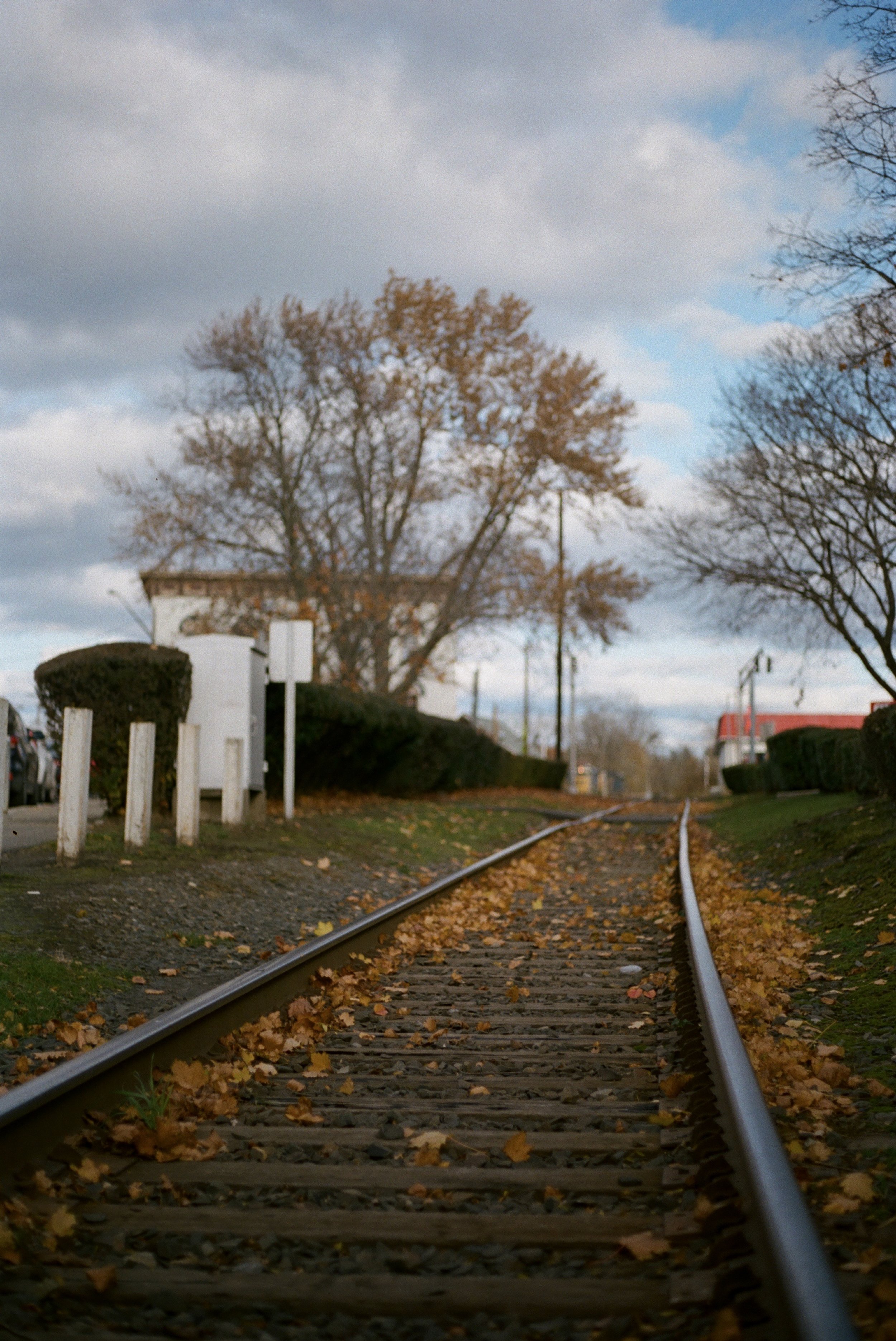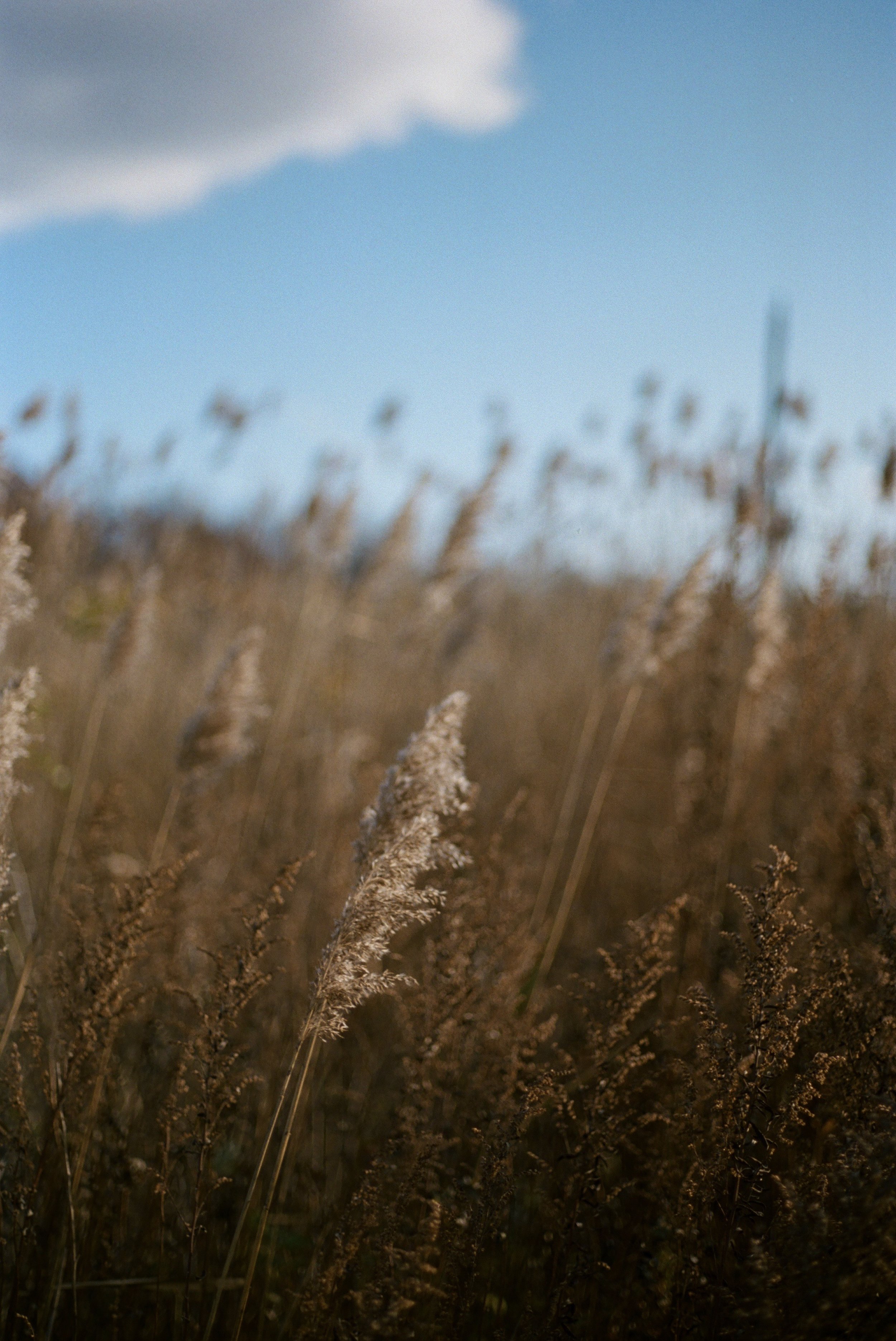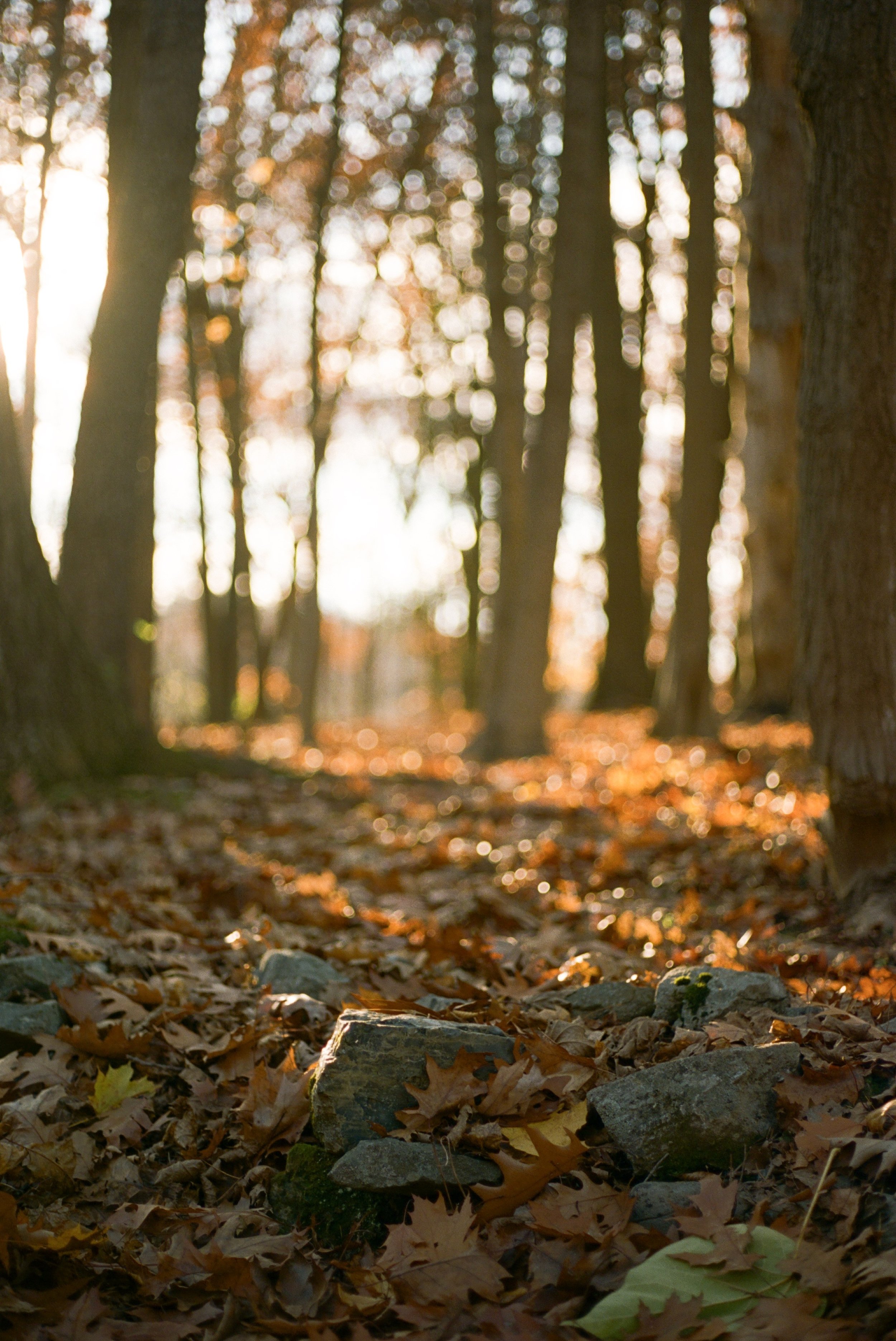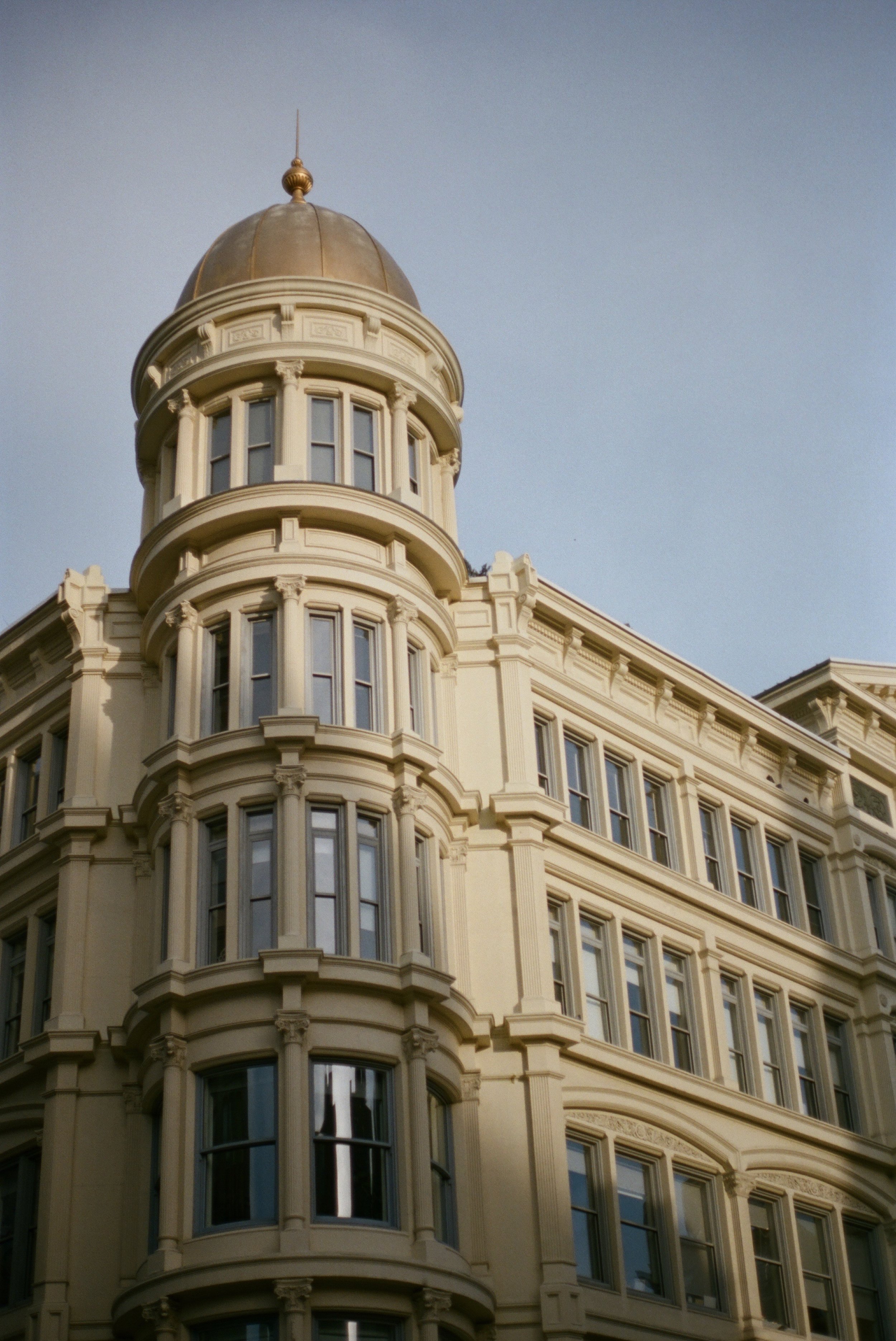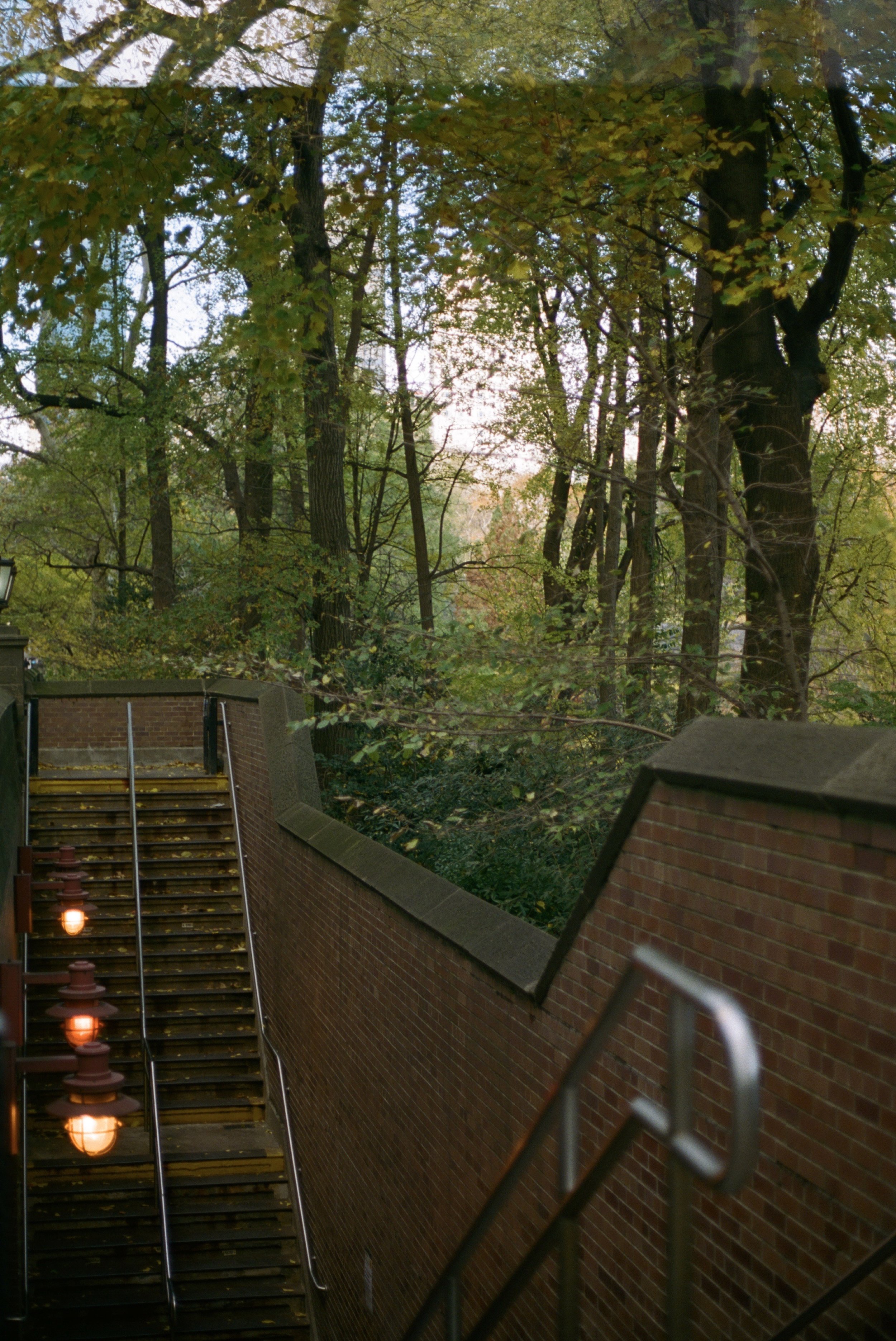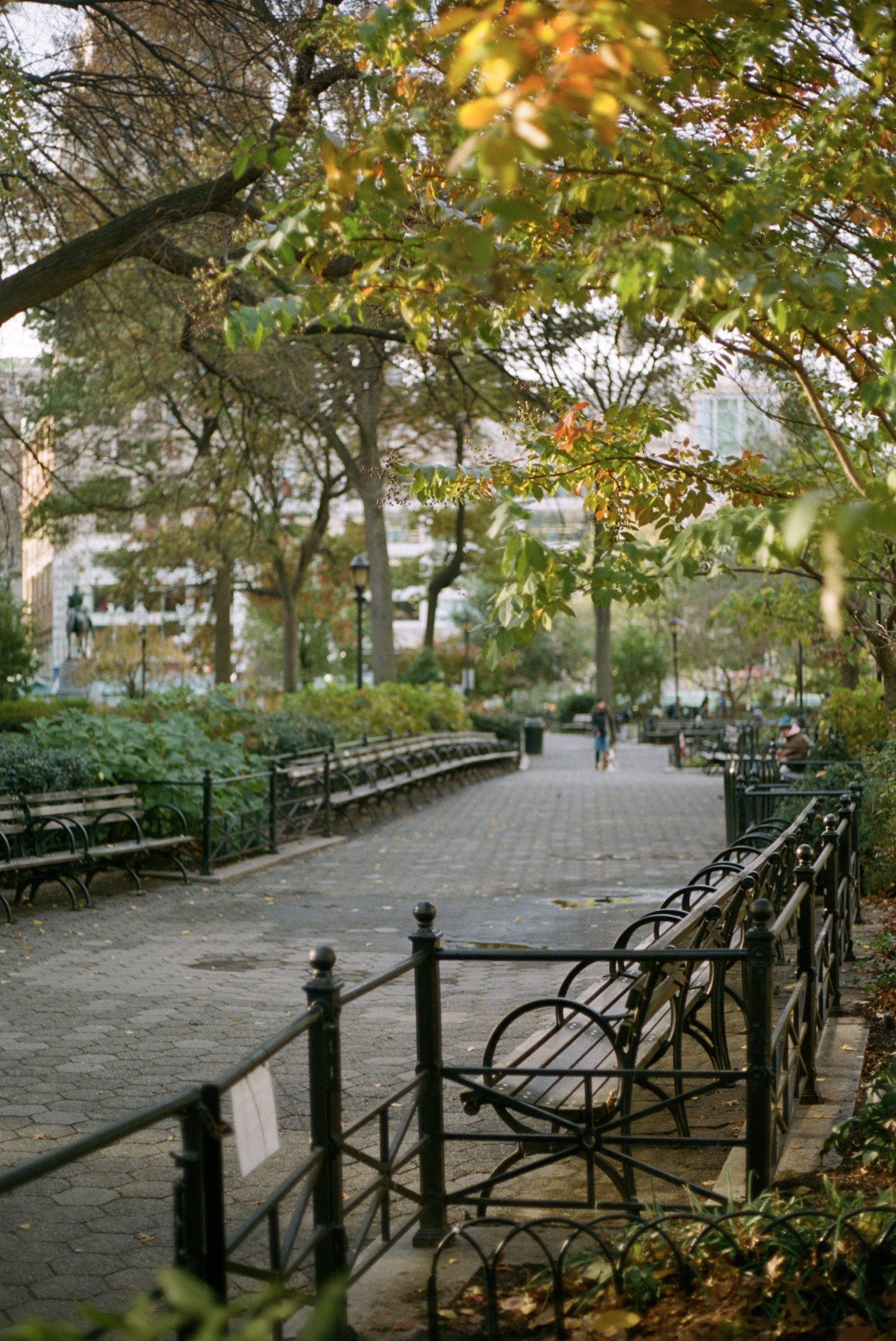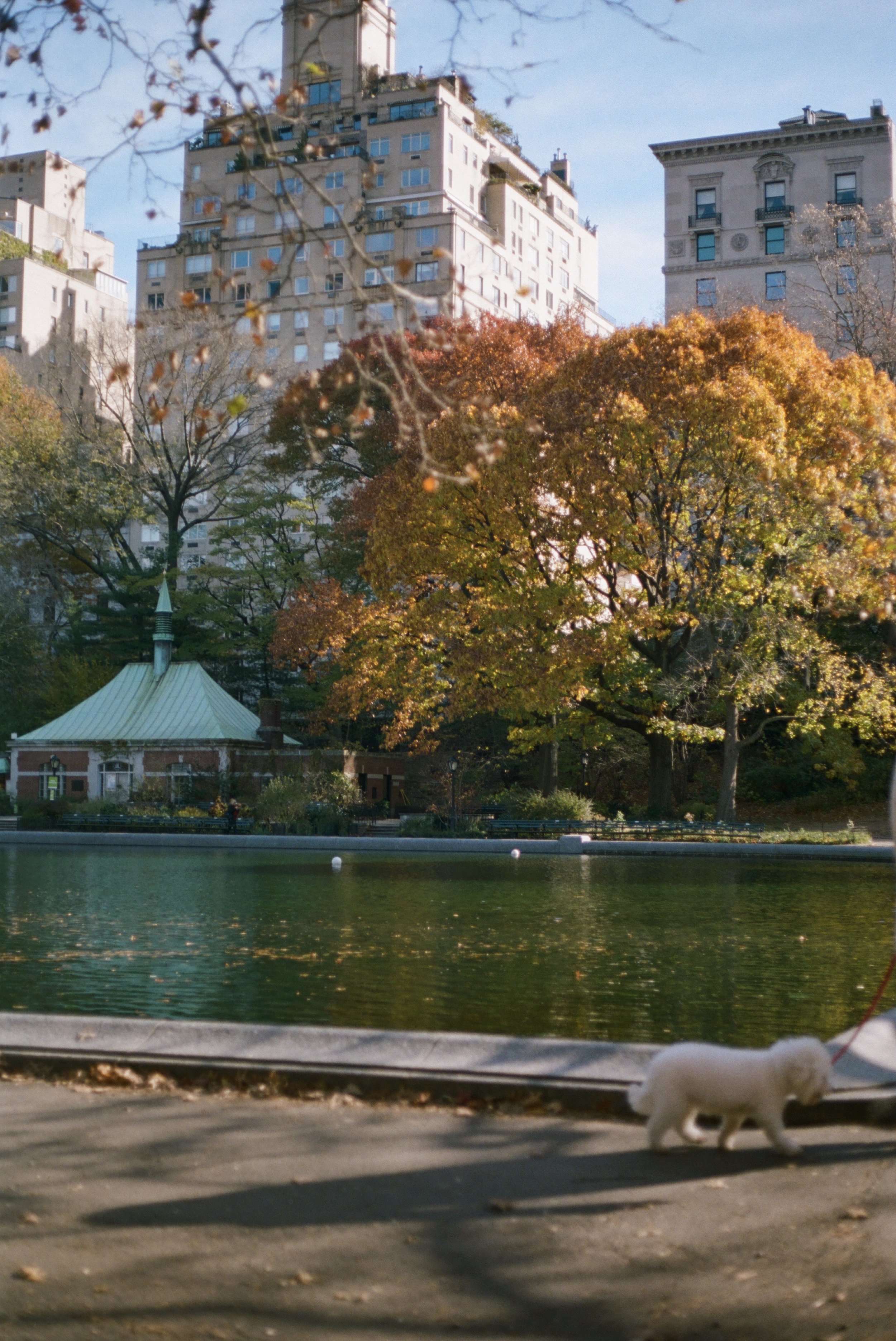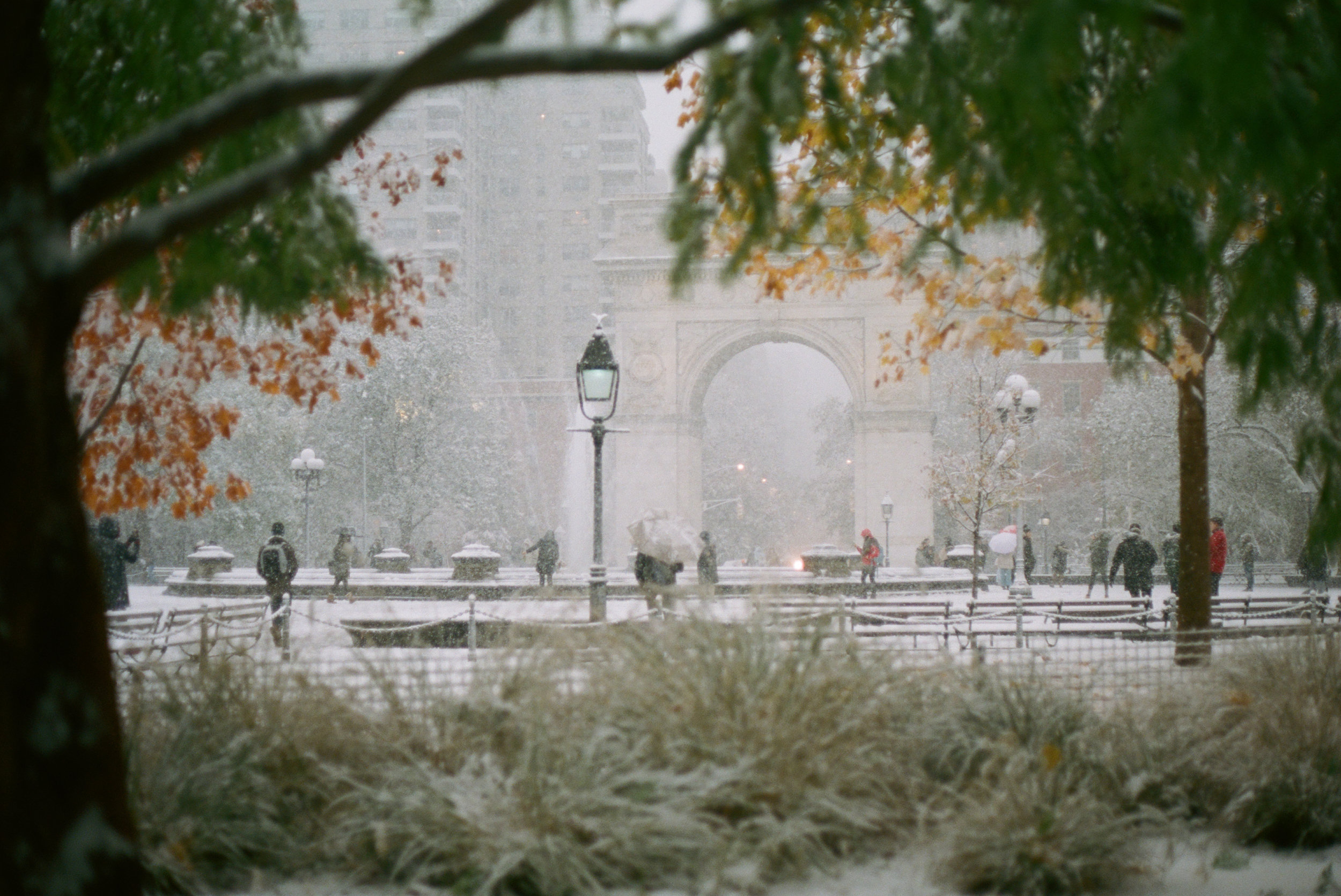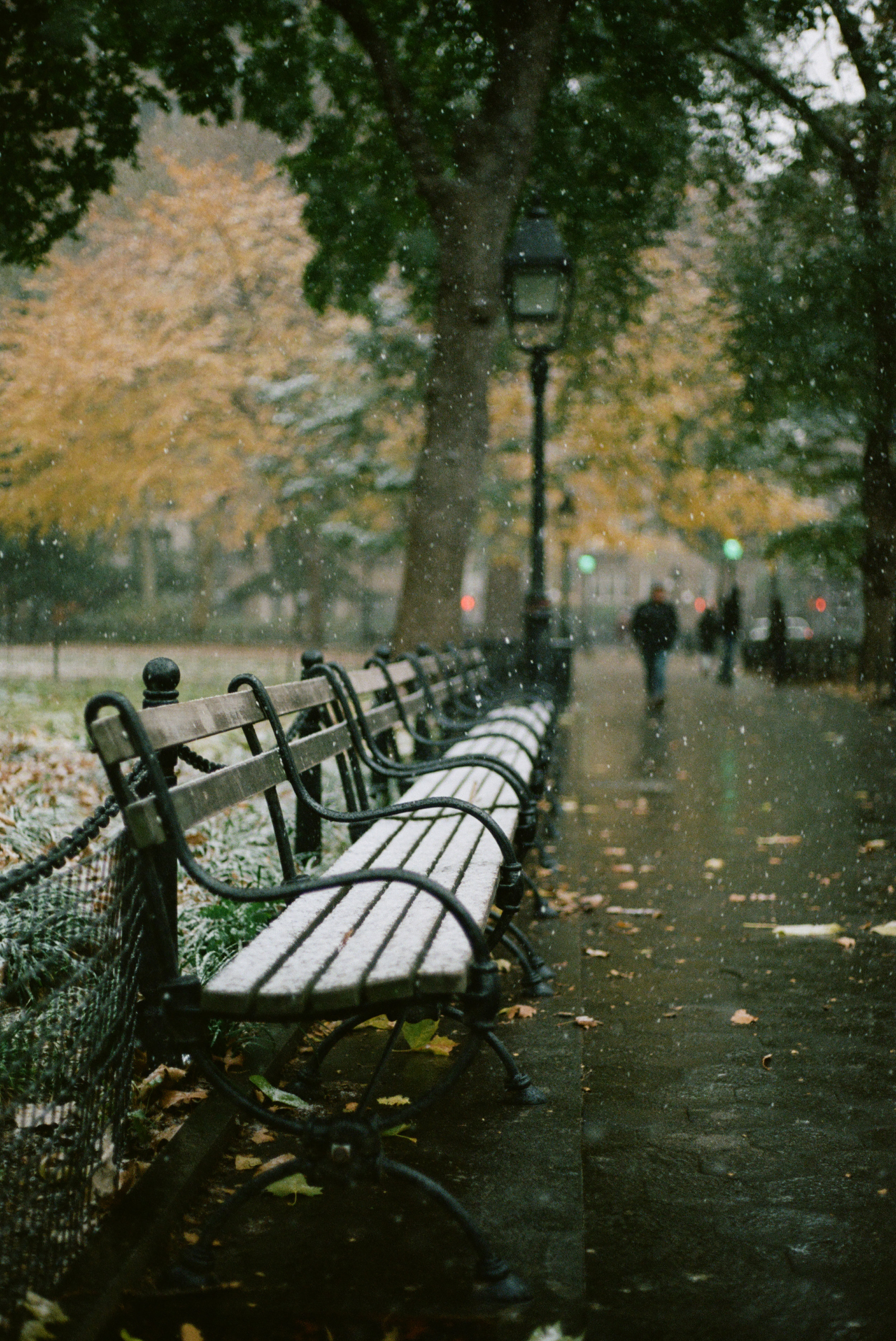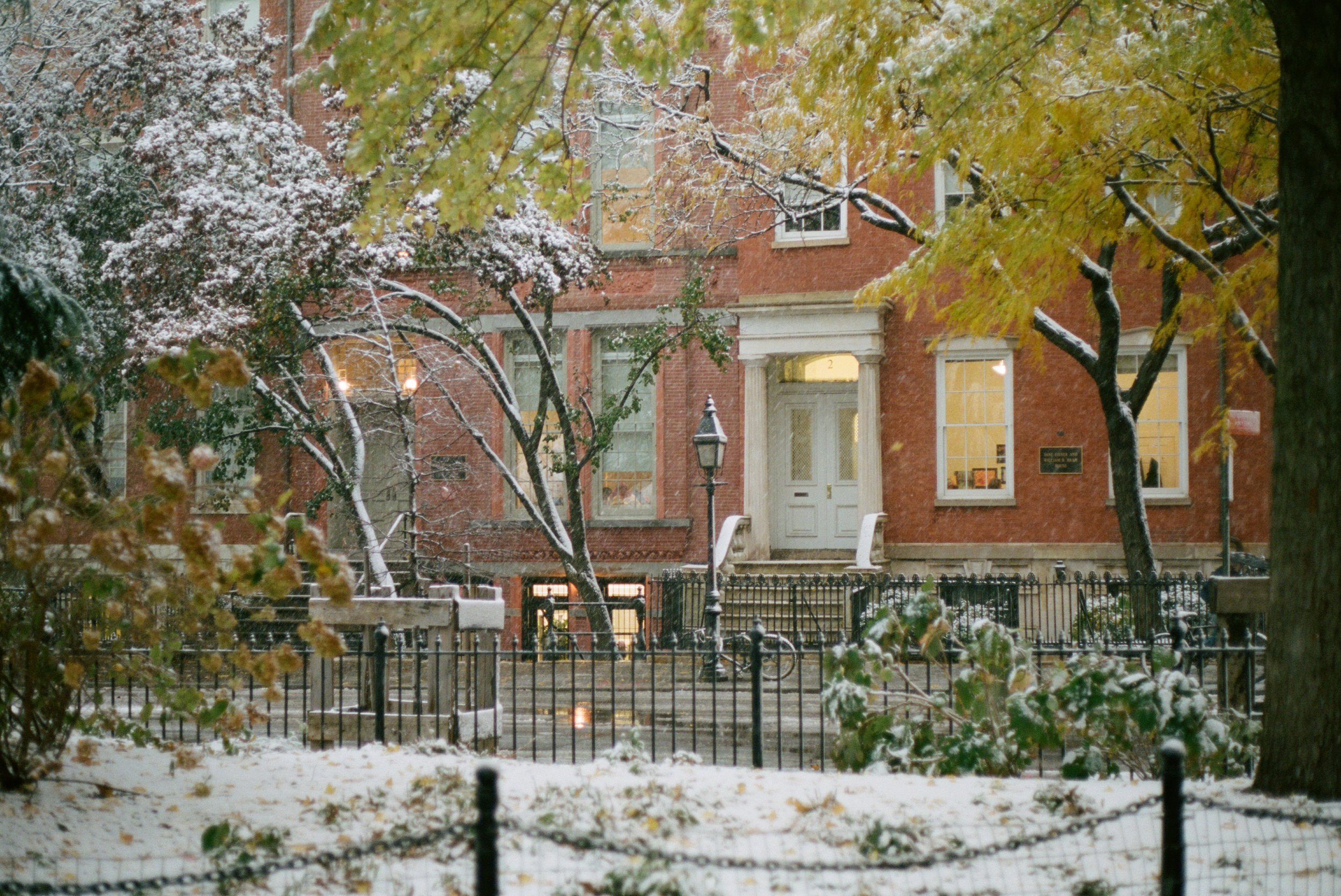How I Learned Photography, FAQ's, and Starting Film Photography
photo by Justin T. Jamison
One of my most frequently asked questions on my Instagram is what type of camera/lens I use to create my content, what editing apps I use, how I learned photography, and now most recently, why I started shooting film and what that’s all about.
I’m not going to lie— while I am certainly flattered about the fact that inquiring minds want to know, it can sometimes be a liiiiittle frustrating to get some of these questions for any content creator/blogger/photographer.
Why? Because a lot of people are looking for shortcuts and it’s frustrating as someone who is a total coach / mama at heart, because that won’t help get you very far. There is a HUGE misconception that picking up an expensive camera + lens will suddenly make you a good photographer and give you the ability to create beautiful content. It’s like never having snowboarded in your life, then buying expensive professional snowboard gear and expecting it to turn you into Shaun White or Chloe Kim. *faceplant*
SO. I’m writing this post for you guys to answer all those questions honestly, help you guys level up so you can go kick ass by providing some insight into my journey and tips with photography, and then share more about my current stage of photography aka my love affair with film photography because I am seriously obsessed.
Side note, all the photos in this blog post are shot on film by me (except the cover image!).
Here we go!
A lil background: how I even got into photography
Back in 2011, I had asked my dad for a “pro” digital camera for a combined birthday + Christmas gift, so that I could take better photos of my trip to Spain. I had used a Canon Elph point and shoot all throughout college, and was one of the few people amongst my friends that even had a camera. Mind you, this was before iPhones (no one took pics on Blackberries for obvious reasons), so I was always the designated photographer for formals, nights out, etc. I had always loved capturing moments and feelings through imagery, and had even taken writing course on photography in college.
I digress. So I chose a Canon T2i starting kit that came with a 16-35mm kit lens. The T2i could shoot in automatic too, and that’s all I did with it up until 2014 when I started to actually want to learn photography as I was gearing up to launch my blog. I had zero idea how to operate a camera and terms like ISO, aperture, white balance, and shutter speed were complete gibberish to me. It was completely overwhelming, but I really wanted to learn how to capture things properly as I saw them in my mind. My goal was always to capture precious moments in time, whether it be a general feeling, a human emotion, or a fleeting visual.
So how did I learn photography?
I did not and still till this day have never taken any classes or courses in photography; while I don’t think this is the best way for everyone, I learned better doing things myself through trial and error and a whole lot of googling. I did read some articles and since then have found some guides that I definitely found helpful along the way (which I’ll link at the end of this post under the resource section), but just practiced the hell out of it.
I was recommended by this online article to start shooting in aperture priority, as it makes things a little easier (because you just set your aperture where you want it and the camera auto-sets the shutter speed and ISO), but it actually confused me even more and it was frustrating having the camera decide the “ideal” conditions to capture the shot. Being the control freak that I am, I wanted to manually control every aspect of the photos I was taking, so I taught myself how to shoot in manual from the get go— and this is definitely what I recommend if you’re serious about learning photography. It’ll save you from having to unlearn bad habits + let go of crutches later on, and you’ll be that much savvier of a photographer in your skills because you’ll have the foundations down.
It’s funny looking back at my progression of photography from 2014 when I was heavy into food photography until now. I thought I was pretty decent back then, but now I look back on some of those photos with more technical and seasoned eyes and see everything that I missed the mark on. And there were so many mistakes and sometimes I can cringe at seeing some of my old shots. But that’s okay! It really is about building on your own progress and improving your skills through a shitload of practice, because that’s how you develop your own style and discover your strengths and weaknesses— and looking at my old photography makes me that much happier with how I’ve grown with my skills.
While you’re learning, don’t fall into this trap
On that note, one of the other biggest mistakes I think that people make is expecting yourself to start shooting and immediately be able to produce the content the way you see it in your mind.
The thing is, you will not become a good photographer by trying to just replicate other people’s shots + styles that you admire on Instagram. I know it’s tempting to just aim for that because you have an example directly in front of you. You may be able to get by for a little while doing that, but if you find yourself needing to shoot something different than you’re used to or in different shooting conditions, you’ll suddenly feel like you’re drowning without a life vest because you will have zero foundational skills to rely on.
It’s like cooking from Blue Apron boxes and thinking you’re a super good cook, but then suddenly having to cook an entire meal on your own from scratch with no measured out ingredients? You’ll shit your pants, and then find yourself backed up into a corner with a deadline and expected work from a client with little understanding on how to do it. I’ve been there before, and it’s not a fun feeling!
How I got into film photography
My only experience with film in my life thus far had been the 90’s polaroids— obviously all of my childhood photos were taken on film cameras, but they were largely on disposables and then I am not even sure what type of camera that my parents had, but I can be relatively certain that it was some form of a point and shoot and 0% chance it was manual.
Up until late July of this year, I didn’t even know that film photography was making as big of a comeback as it currently; I honestly didn’t even know that was a medium that A) was still even available and B) that is as challenging as it is. Yep, total noob. But then I met Justin— a ridiculously talented photographer and a photography purist at heart, he would talk about film photography with such genuine excitement and passion that it was utterly infectious. Plus, his film work was just stunning. My interest in film sparked, seeing the completely different and almost ethereal quality that film gives to an image.
Not going to lie though, I initially dismissed it for myself because it felt extremely intimidating. Another new world for me, I was clueless when Justin would talk about film speed, and explain to me how ISO is applied differently with analog cameras versus digital. Also, the thought of having only 36 shots on a roll of film felt like a lot of pressure to be very selective of what I shot with no second chances. It also made me feel insecure about my lack of technical training in photography, as I realized I didn’t know nearly as much as I thought I did.
But true to my usual form, I kind of love feeling inadequate and like a noob because it means I have another challenge to sink my teeth into. I got myself a film camera (a Canon AE1) and it has quickly changed how I feel about photography. It felt a lot like a fresh deep breath of oxygen that I didn’t know that my creative spirit was so desperately wanting!
I’ve only been shooting film for a few weeks now, so I am truly like a newborn babe 👶in this realm. Or more accurately if I’m using that analogy, I’m like an embryo. But if I can already feel how it’s helped me improve as a photographer in a mere number of weeks? I can’t wait to see where it takes me in a few years!
What I love about film photography + things to know
How manual it is
For every shot, you have to manually adjust your settings and there is something so satisfying about turning knobs and dials, rather than buttons and LCD screens on my DSLR. You’re working with a real machine here and you feel that much more connected to the shot you take, from loading up your film to winding it when it’s done. You also can’t rely on any drastic post-production editing to make a beautiful photo or overcorrect a poor exposure like you can with raw digital photos.
Improvement at mentally metering light and settings
Since I’ve always shot in manual in digital, I was used to this concept but now I am so much more honed into lighting conditions while out and about in the city. While I do have a light meter built into my camera to help me when I need it, I try to ignore it and guess it myself before every shot.
Lack of instant gratification
This is perhaps the most amazing thing about it and the most teaching aspect of film. You don’t have an LCD screen to double check your work immediately, and you have to be patient about waiting to see the shots after developing and scanning them. It makes each shot more precious, reinforces the notion of being more precise with your framing / composition, and you have to trust a lot more in your abilities to have captured what you want.
It’s expensive
Sure, some classic old SLRs (and often lens it comes with) are significantly cheaper than digital (excluding top of the line machines, of course), but the cost of film itself and then the developing /scanning process when you don’t have a darkroom… it adds up. On the pro side of things, it forces you to be that much more selective of what you’re shooting.
FAQ’s + Resources
What camera/lens do you use?
If I had a dollar for every time I got asked this… I could buy a new camera hehe. This is a hilarious confession but I actually have not worked with a very good camera + lens up until… last week. I have shot most of my recent (past 3 years of content) content with a refurbished Canon 7D DSLR and my old kit lens from my Canon Rebel T2i (the 16-35mm that only opens to a f/3.5!). The Canon 7D is a very solid camera for a novice photographer, but with the level of work I now have to produce, I very badly needed an upgrade with a body with more megapixels (the 7D is 18 MP), better sensor, and a speedier lens with more range. Soooooo this past week I finally majorly pulled the trigger and got myself a Canon 5D Mark IV with a 24-70mm f/2.8 lens🙊Mama has no excuse to not bring home the bacon now!
What type of camera should I get if I want to learn photography and/or start blogging?
Do. Not. Get. Something. Expensive. Well, that depends. How committed are you to learning and advancing in your photography? Even if you are, I would hesitate to recommend plunking down several thousand dollars for a top camera. Let’s put it this way— don’t buy a 7 bedroom house when it’s just you and your dog. I’m of the opinion of starting modestly, and upgrading when your work + demands necessitate it.
Things to consider: interchangeability of lenses (brand by brand, this varies, but this will also determine your ceiling of growth in terms of range— if you are very specific (i.e. food only), you won’t need to worry about this as much as you don’t need a crazy range of lenses), if you need video capabilities for vlogging/YouTube (like 4k video), your current skill level (don’t buy a Ferrari when you don’t know how to drive yet), are you willing to carry around something heavy and love using your viewfinder (if not, you may want to consider mirrorless cameras), etc. This is why I can’t recommend one specific camera, because it depends entirely on your needs. Define your needs, determine what your budget is, then you will be able to narrow down a good selection pretty easily on your own!
What editing apps do you use?
Adobe Lightroom. I make my own presets to suit my style to make my life easier, but frequently manually just edit. Highly, highly suggest learning this as this will teach you more about how to shoot in a way you want to minimize the time spent editing (because it can be a time suck), and the technical aspects to a photo like curves, white balance, etc. Do. Not. Rely. On. VSCO. Filters. if you want to really master the essentials of photography.
Who takes your photos of you?
Self timer and tripod babyyyyy. But not the really good stuff 🤣— I always credit in my IG captions if I worked with a photographer. My faves I shoot with most recently: Justin Jamison and Sophie Sahara.
What are some good resources for those looking to start learning about photography and editing?
Skillshare has excellent tutorials on everything from learning about photography itself, editing using programs like Adobe Photoshop + Lightroom. I will say too, now when you download Adobe programs, they very helpfully do guide you through a lot of instructions on how to use their tools! A photography e-book I did read quite early on was Tasty Food Photography by Pinch of Yum creator Lindsay. Even if you’re not a food photographer, the guide definitely breaks down things like lighting, aperture, shutter speed, etc. in a very digestible way. But most of all? Trial and error. Take your camera out and just PLAY— this is the quickest way you will learn your own style and preferences.
And that’s that! Hope this provides some valuable insight for you guys!


